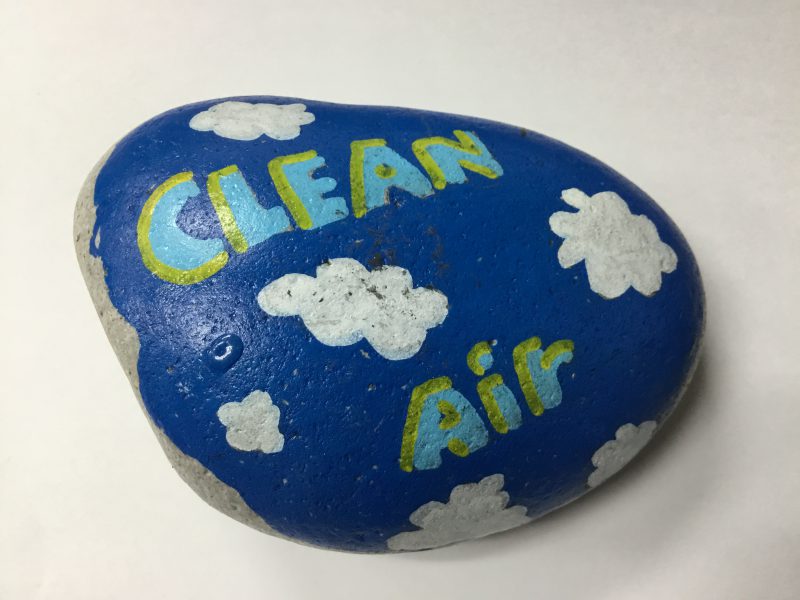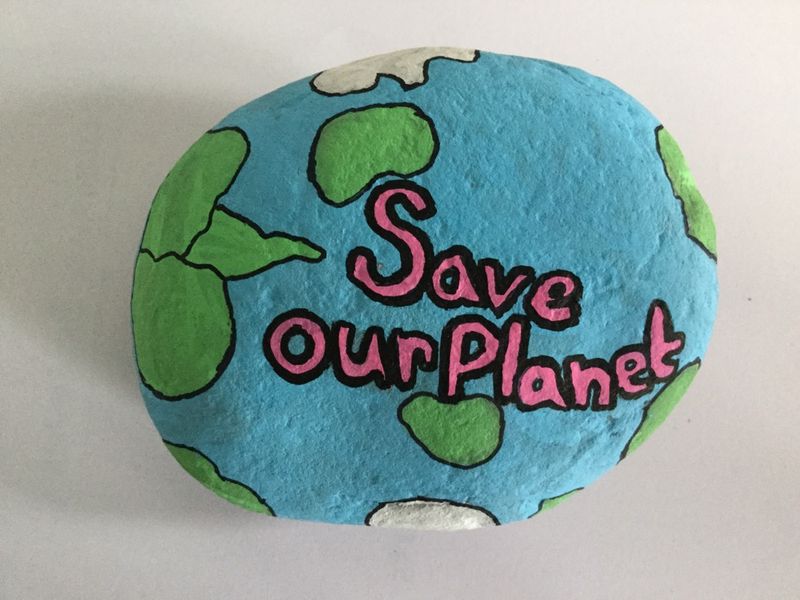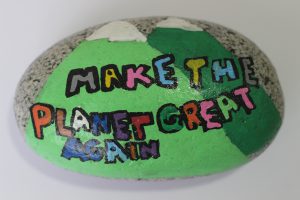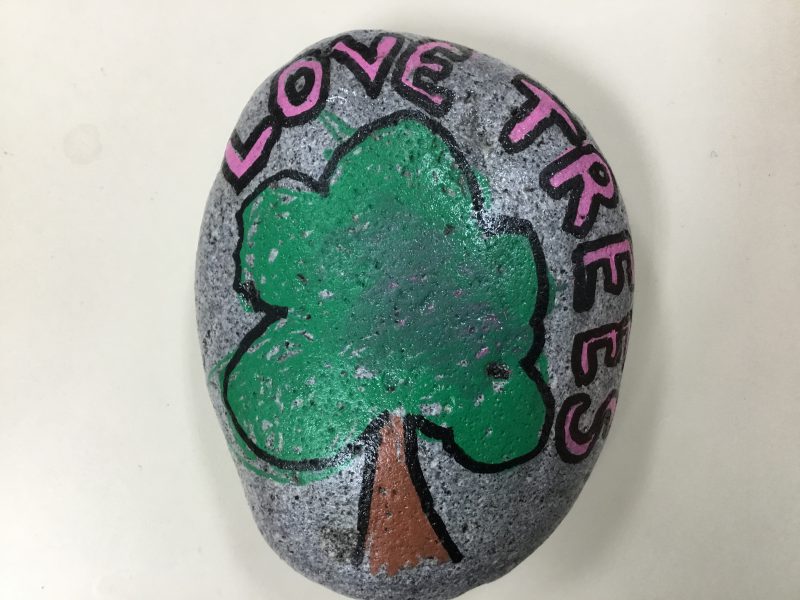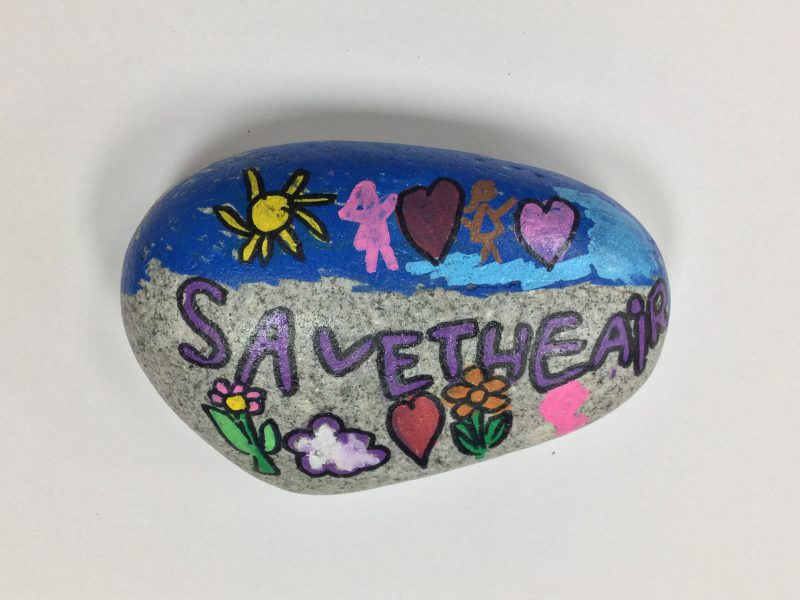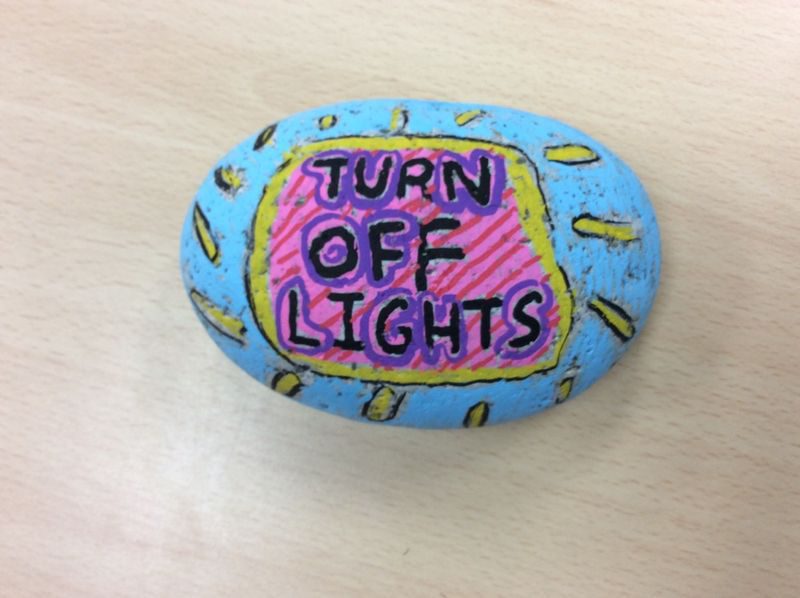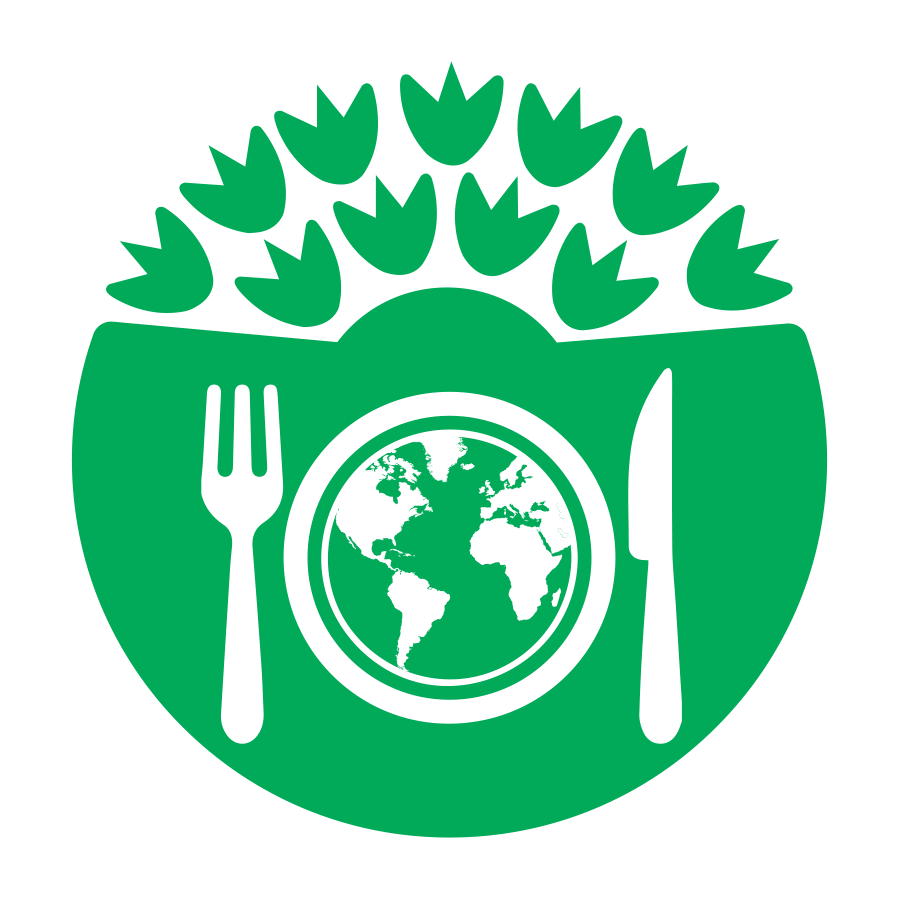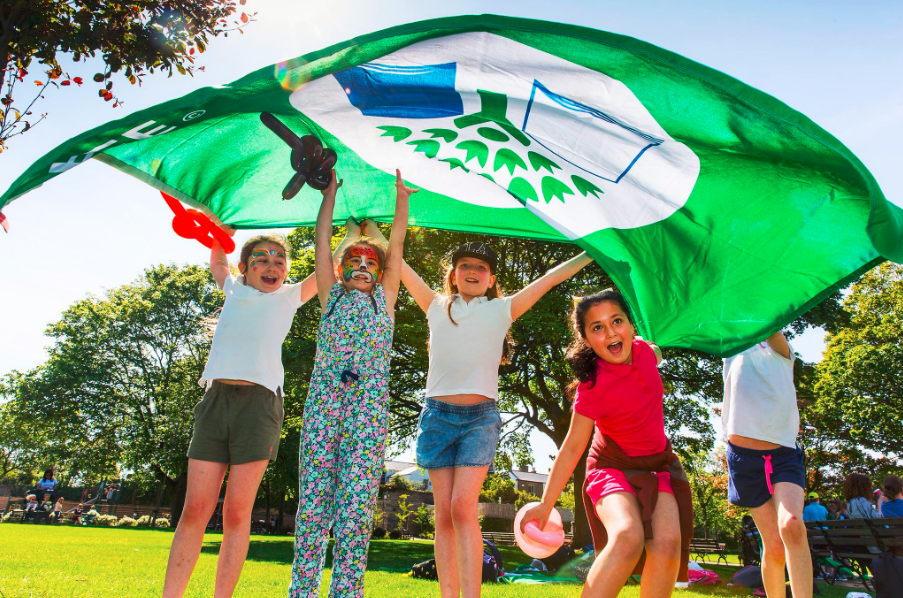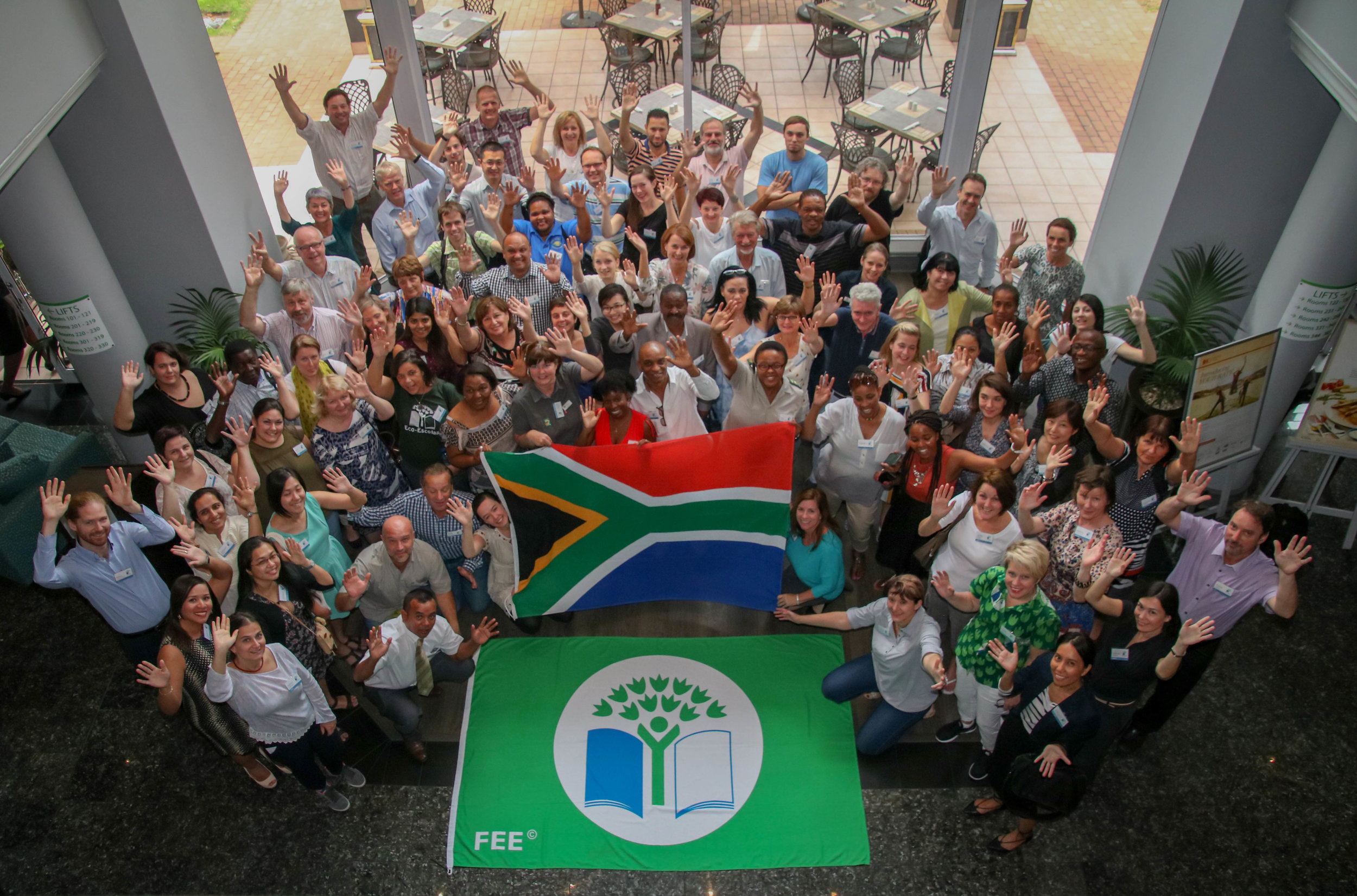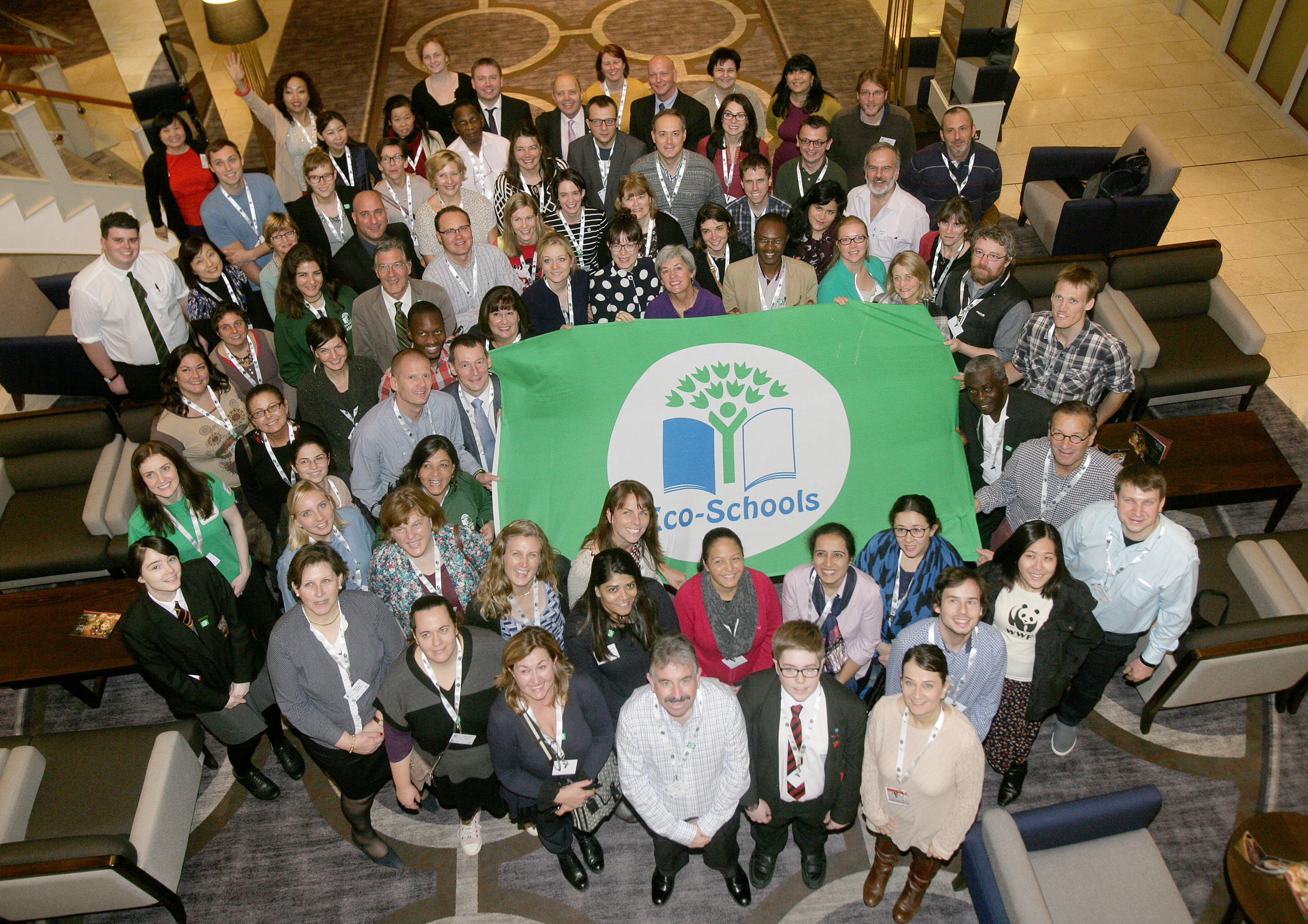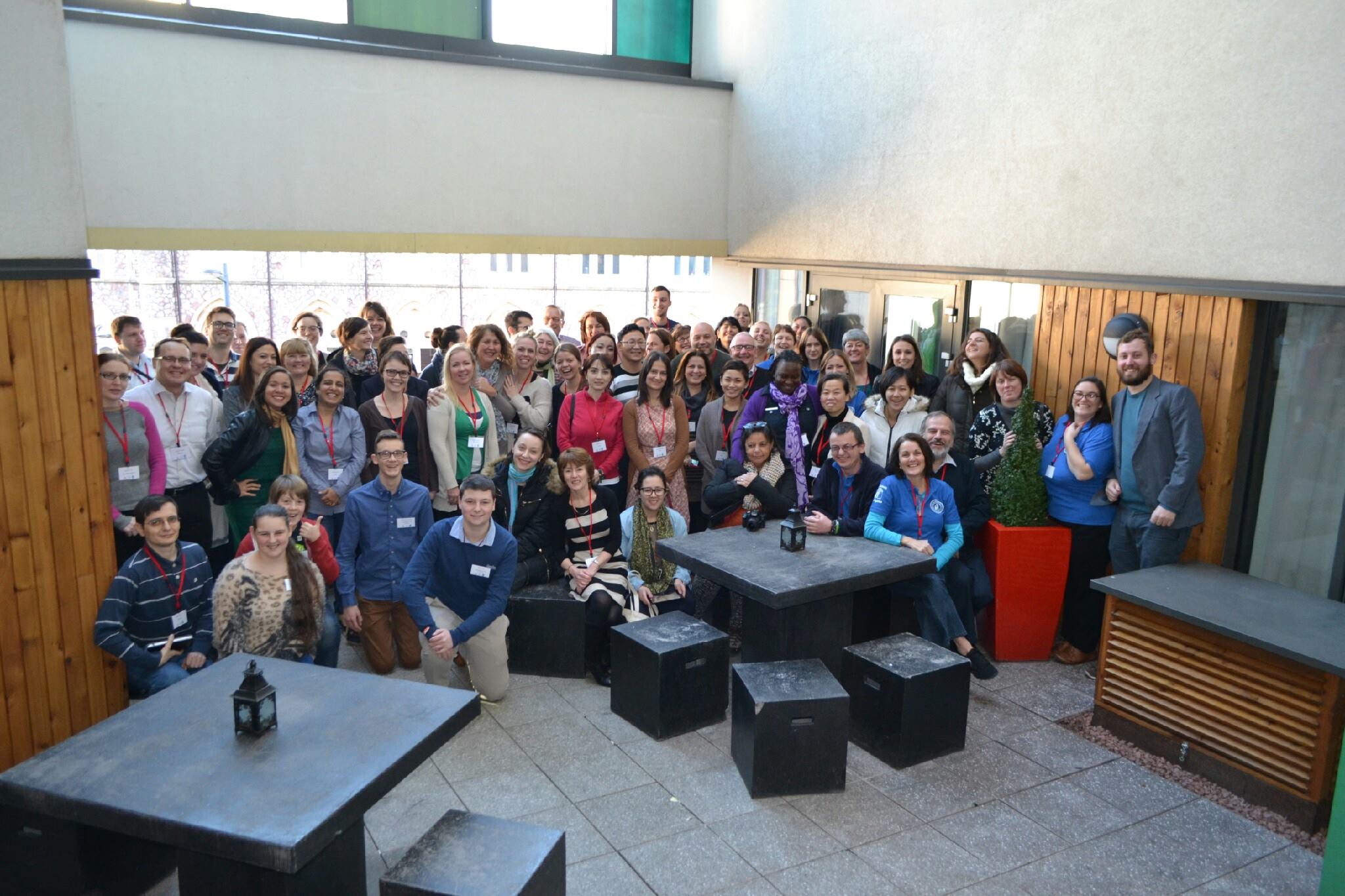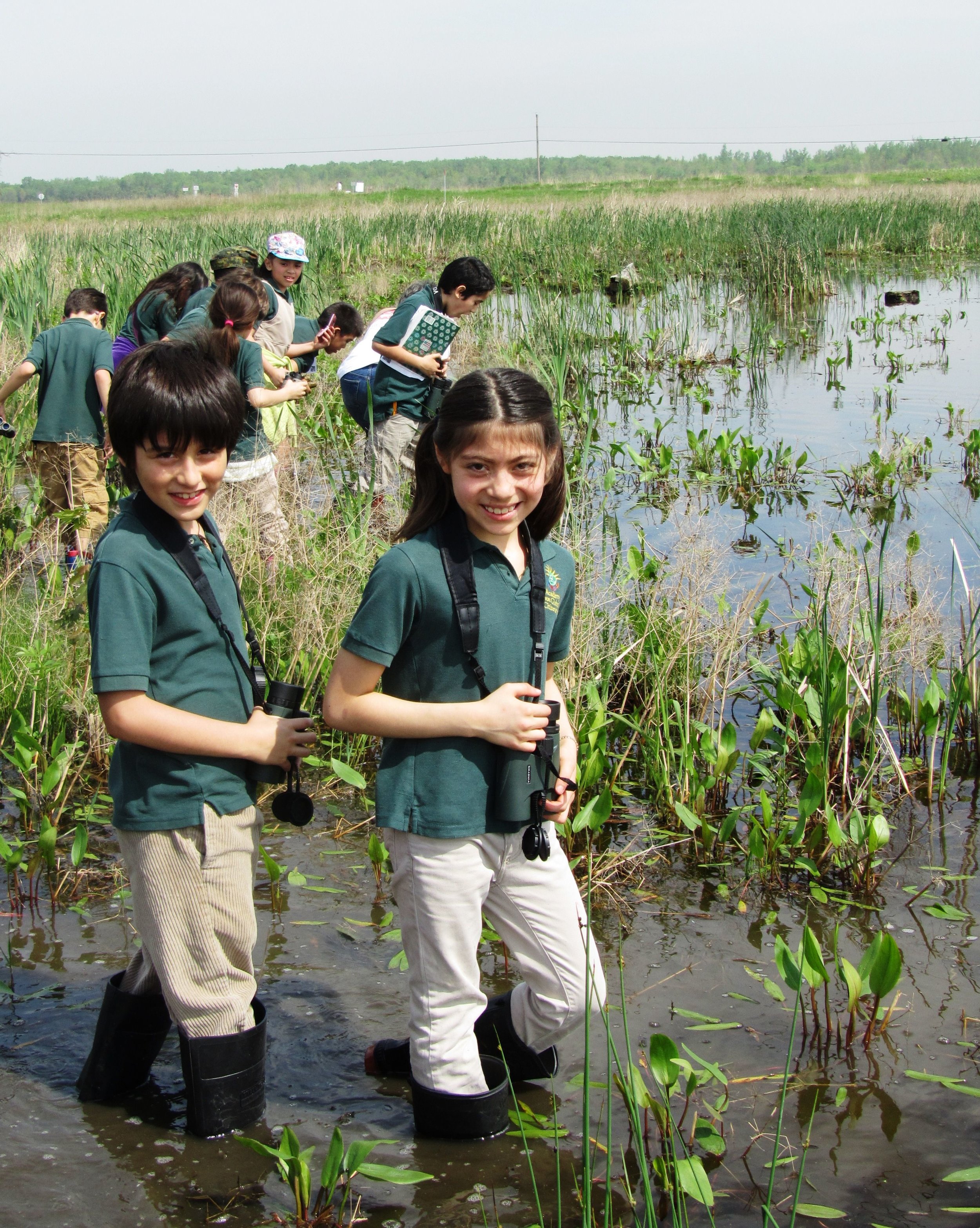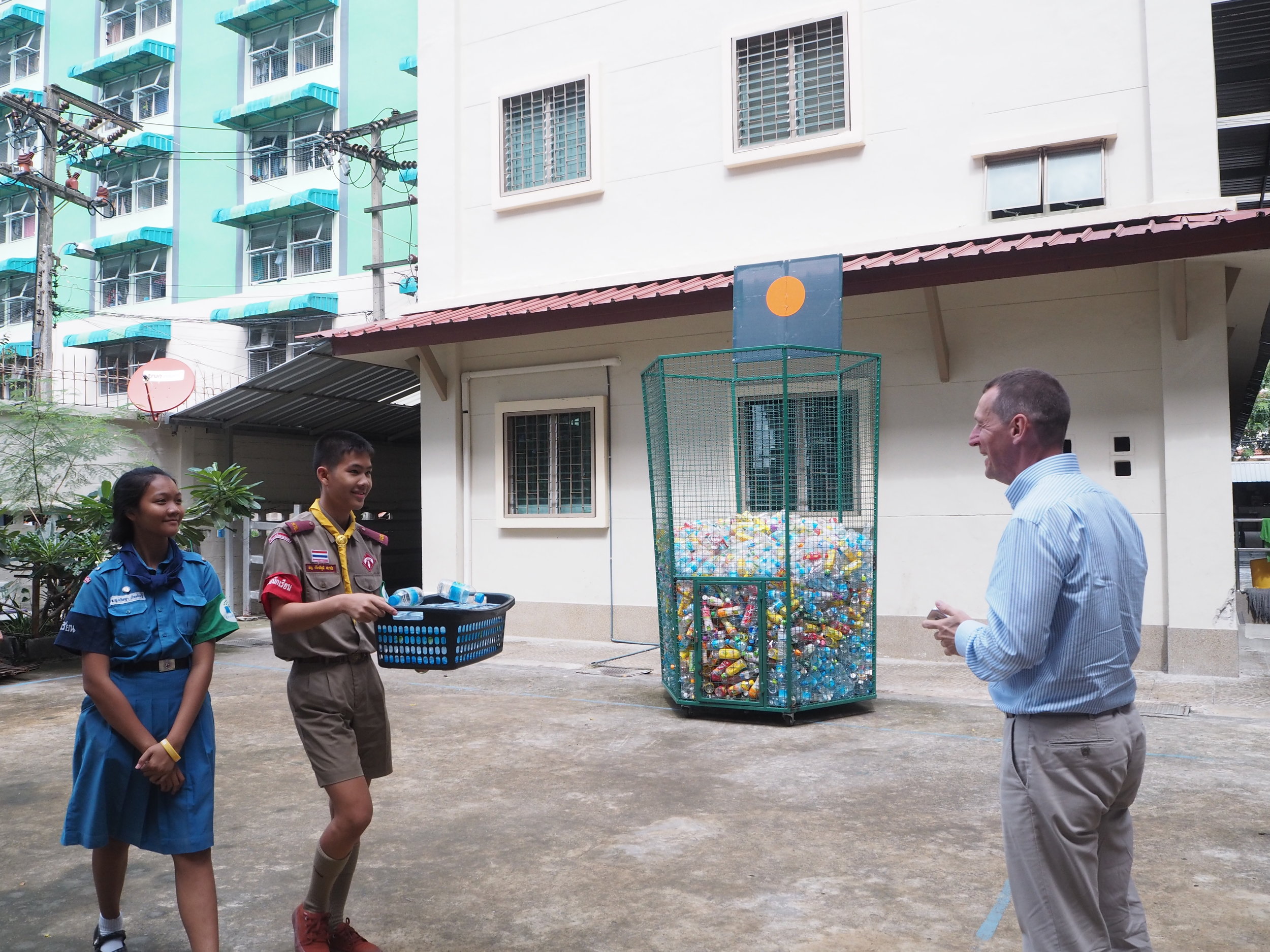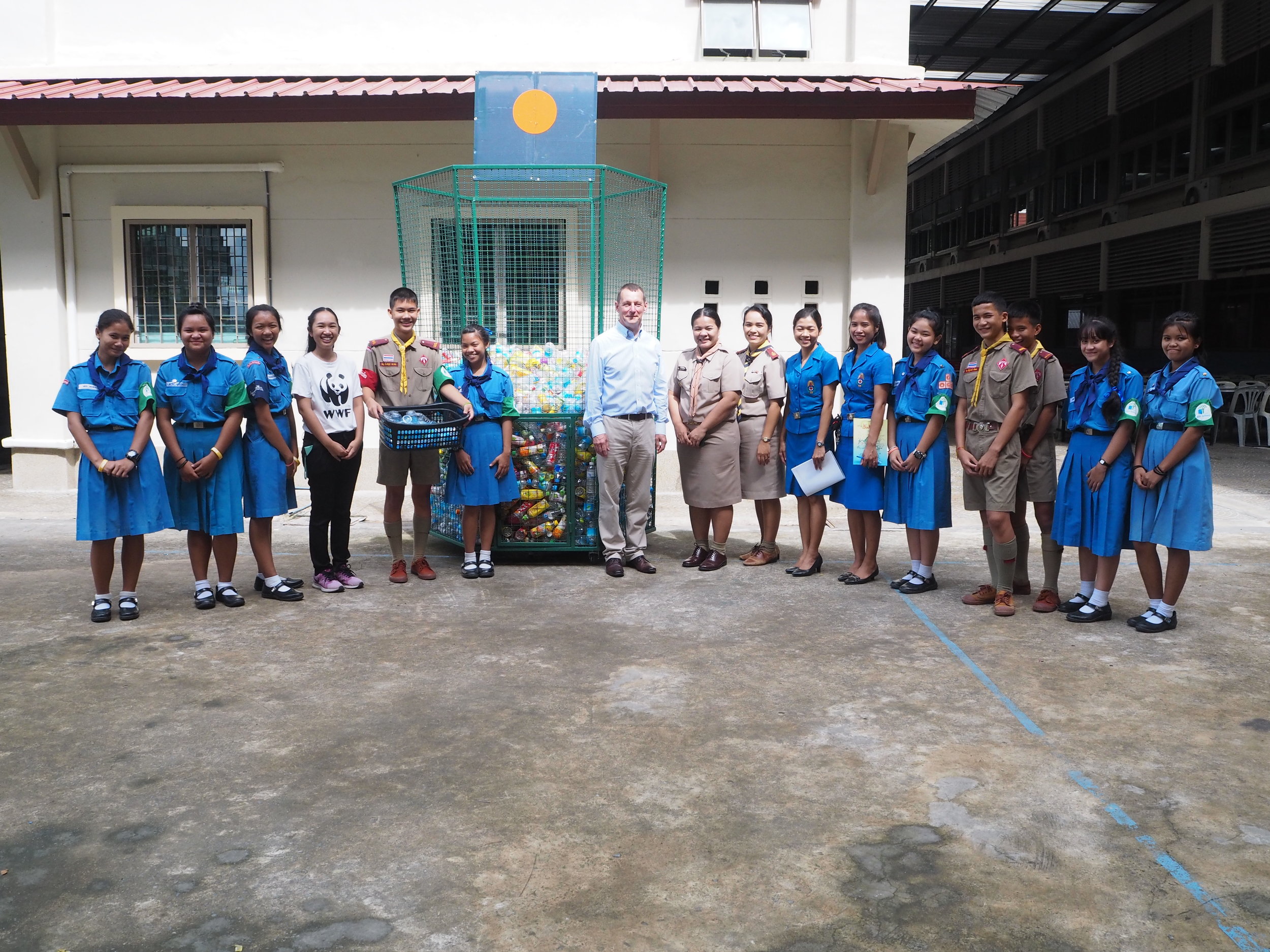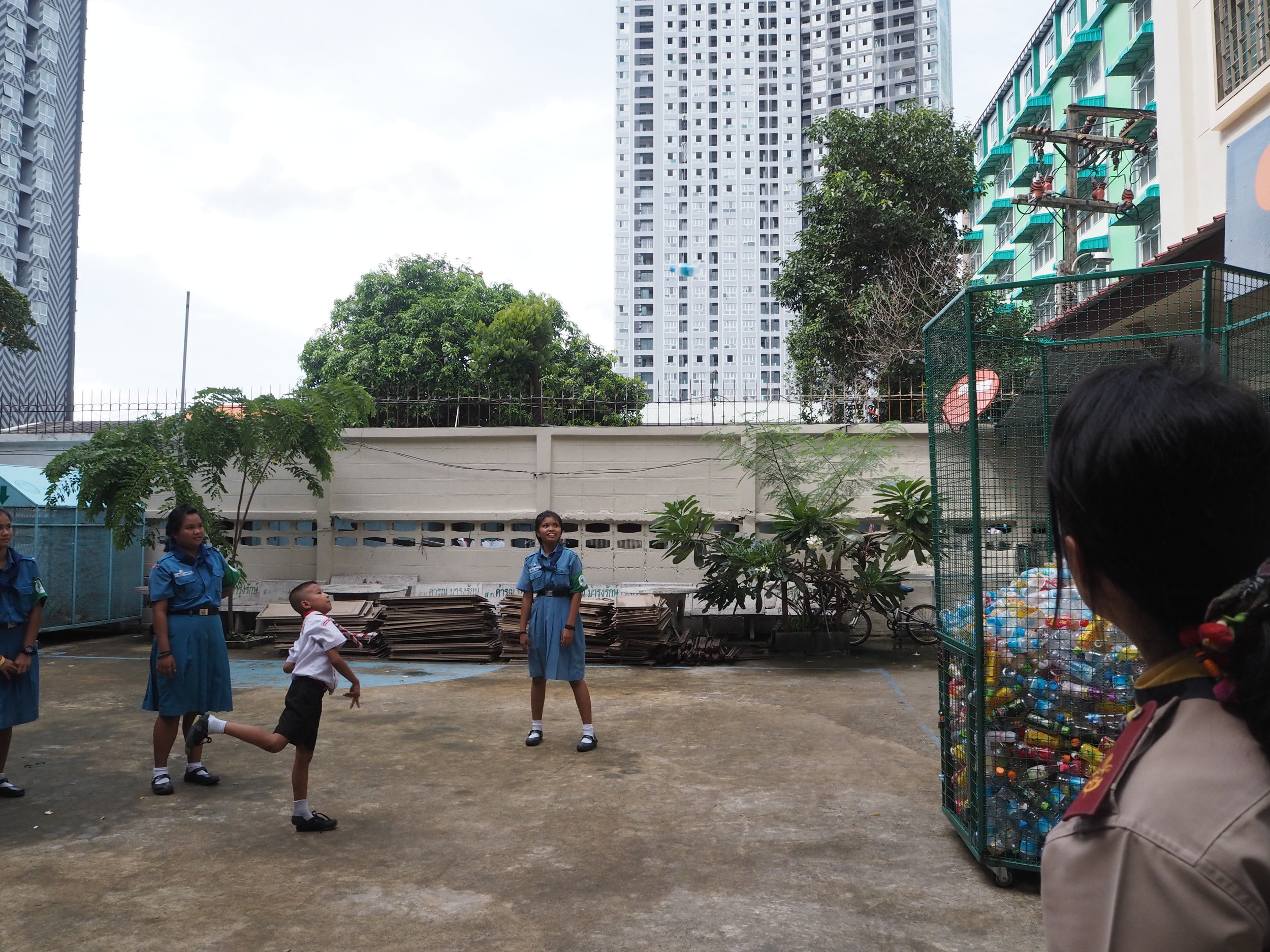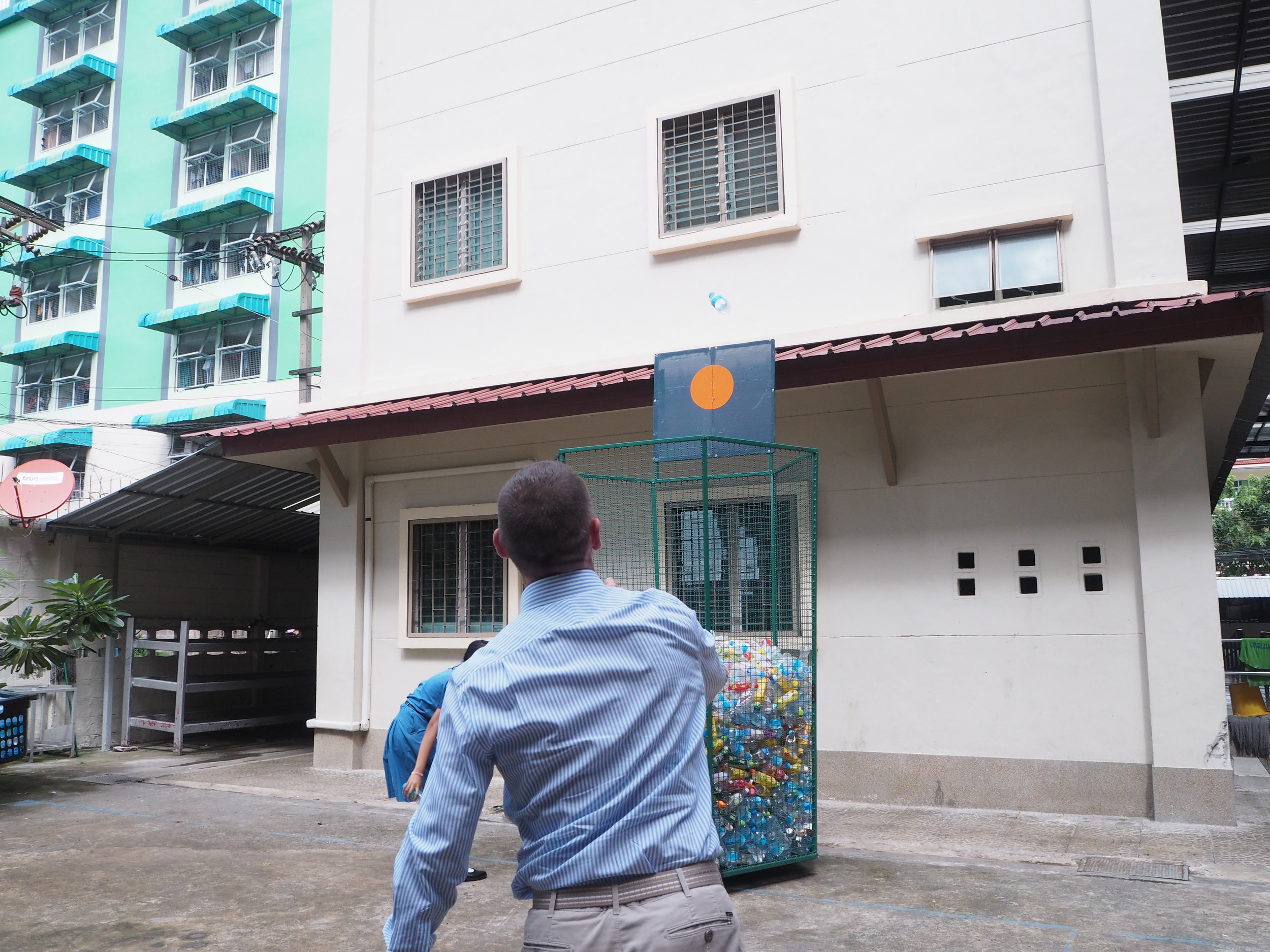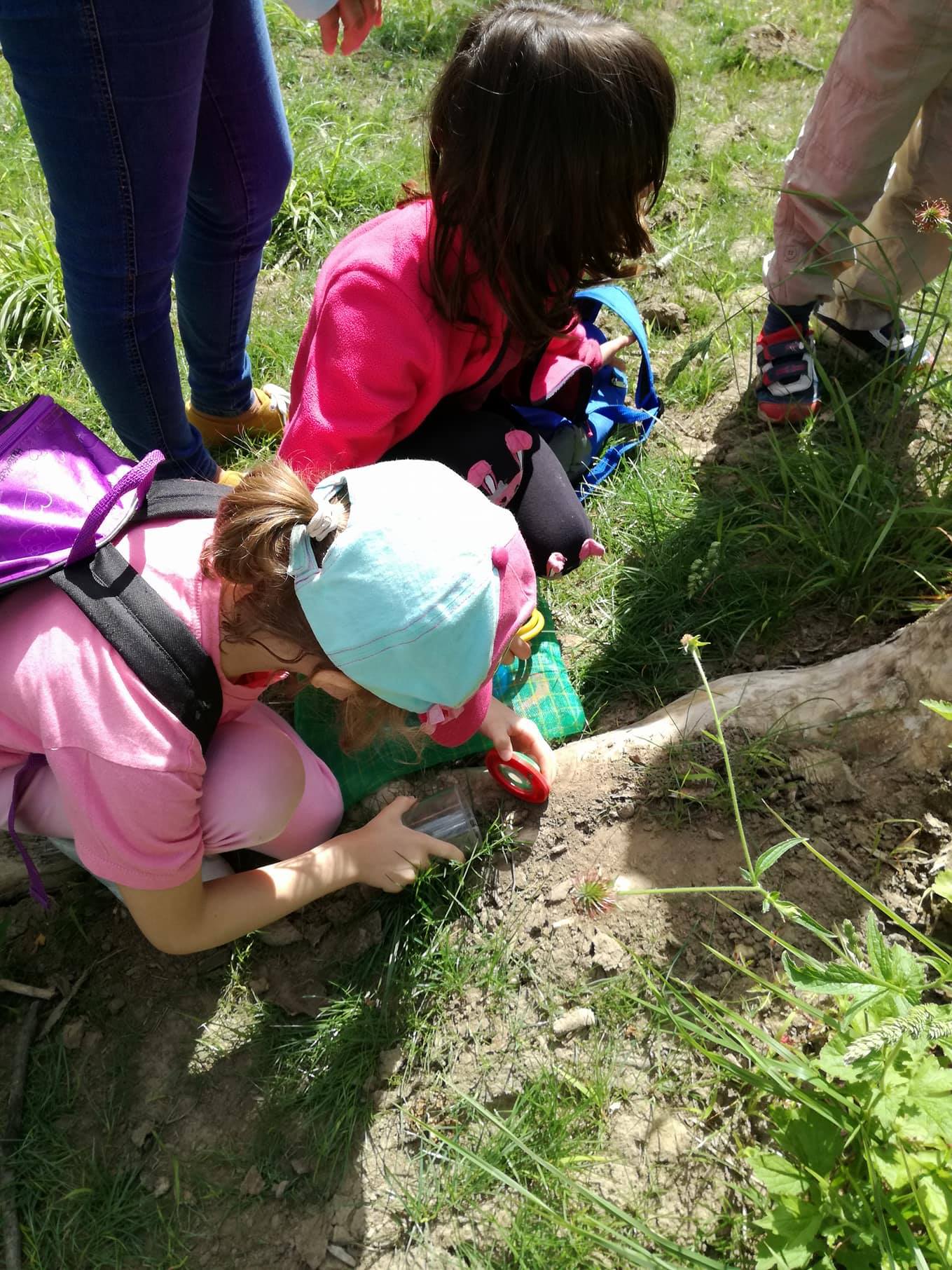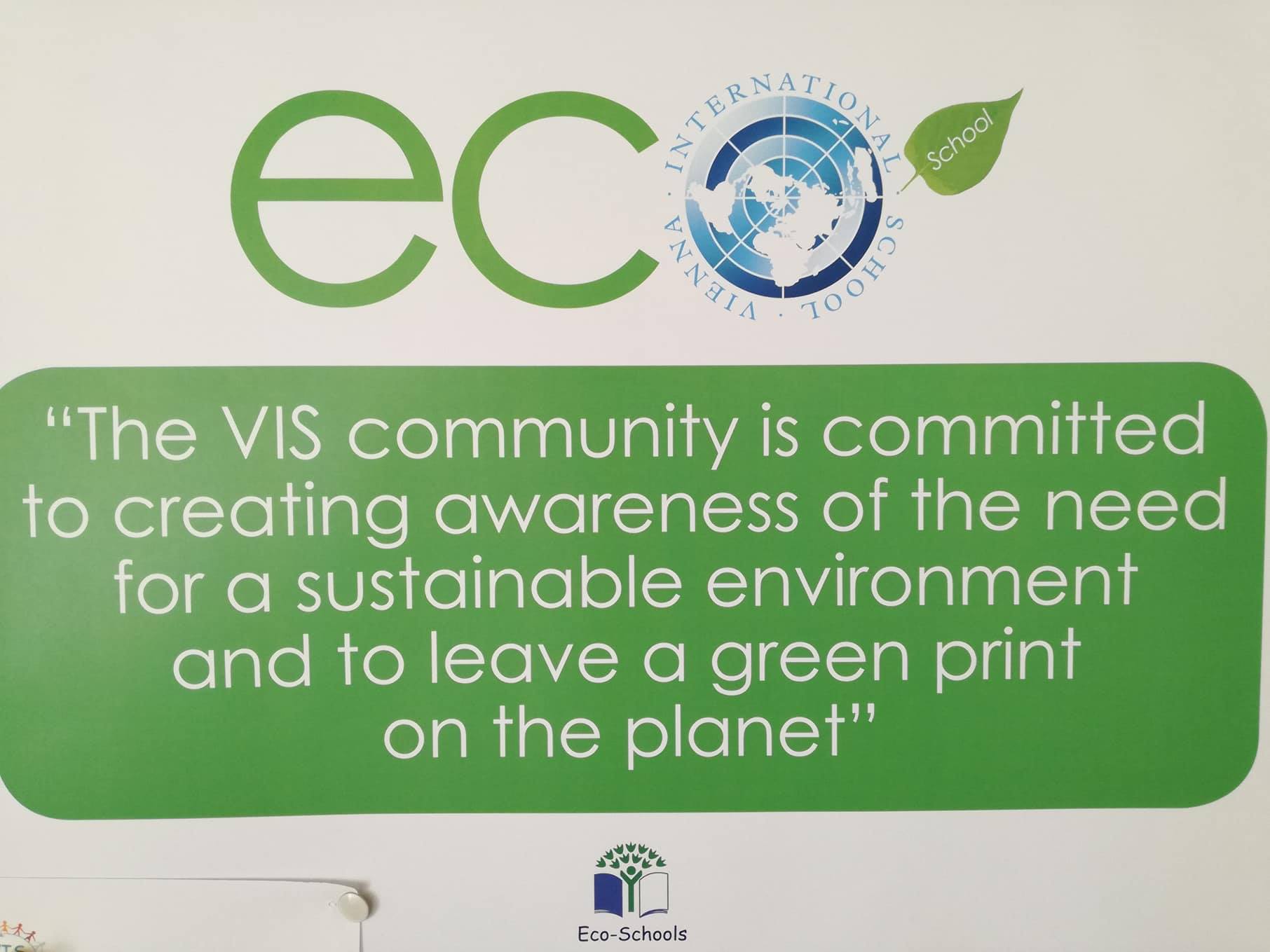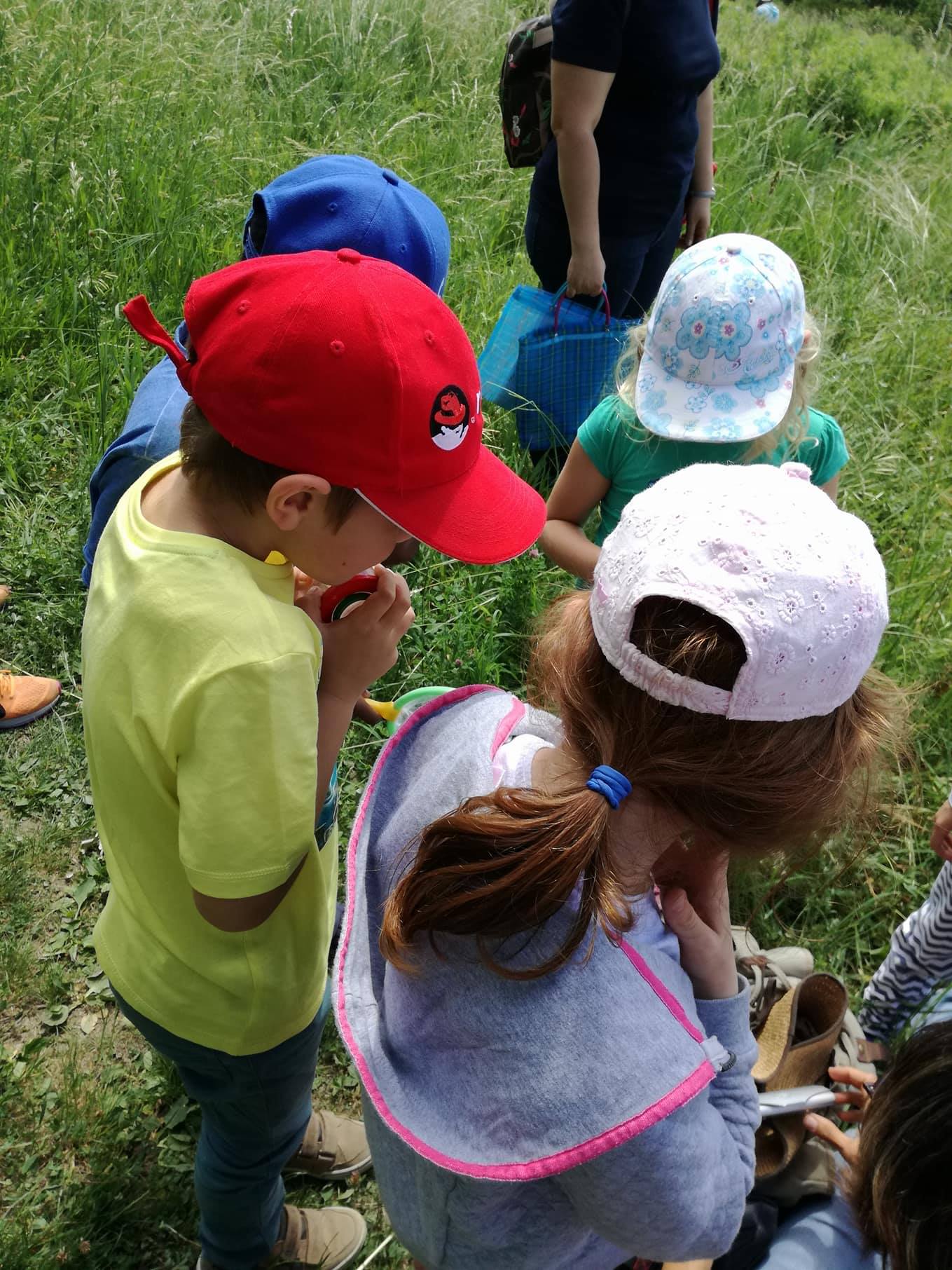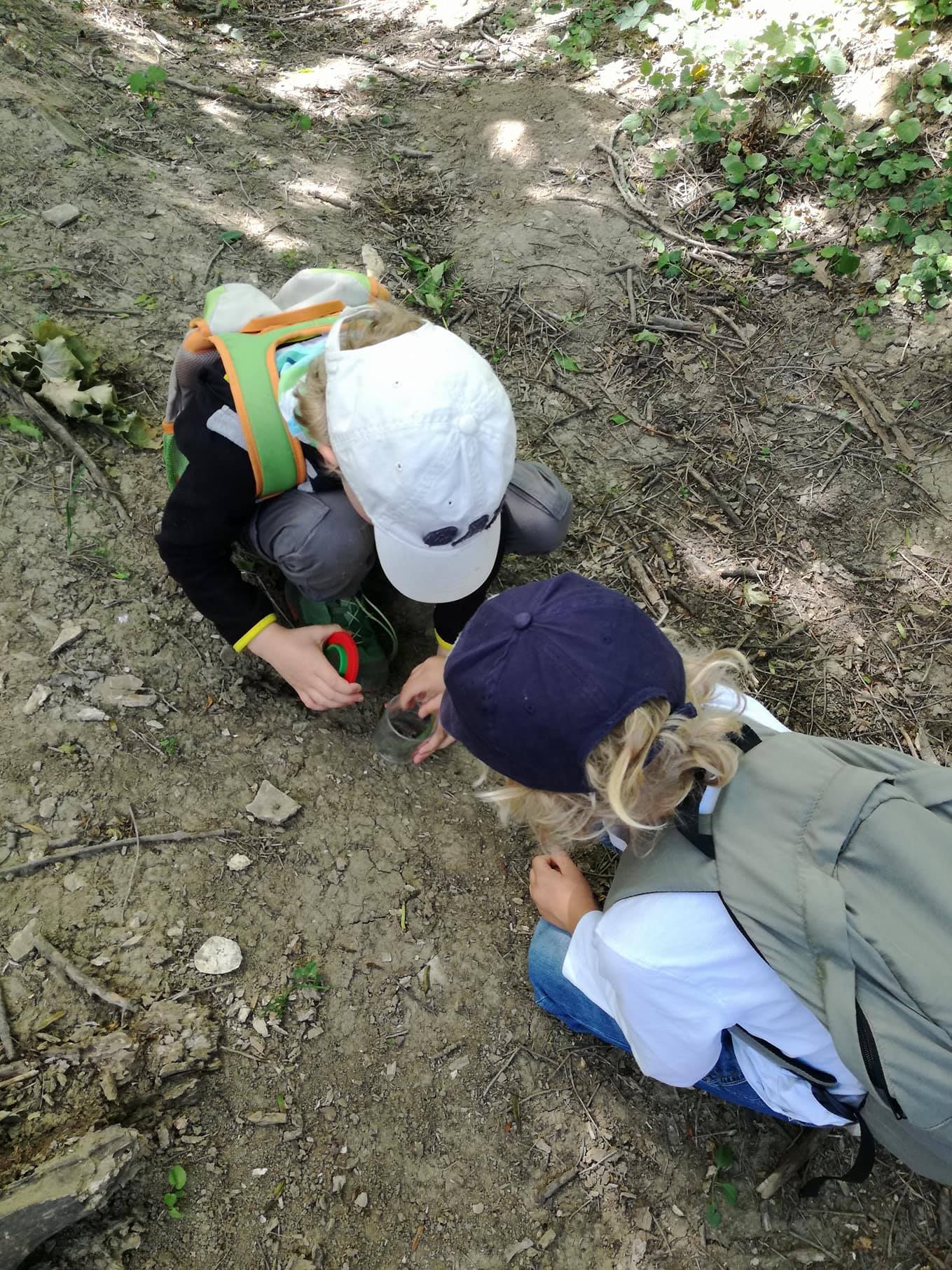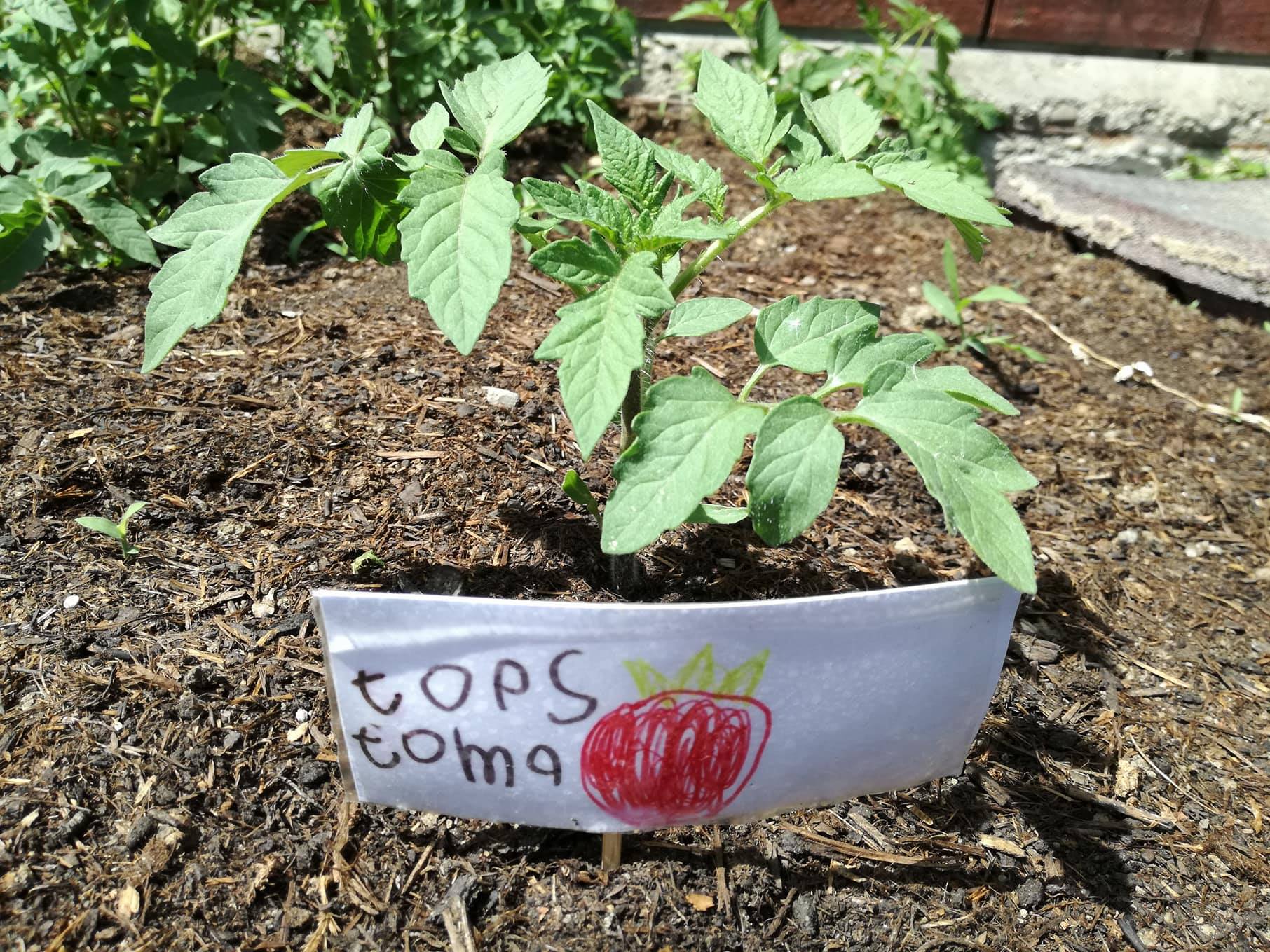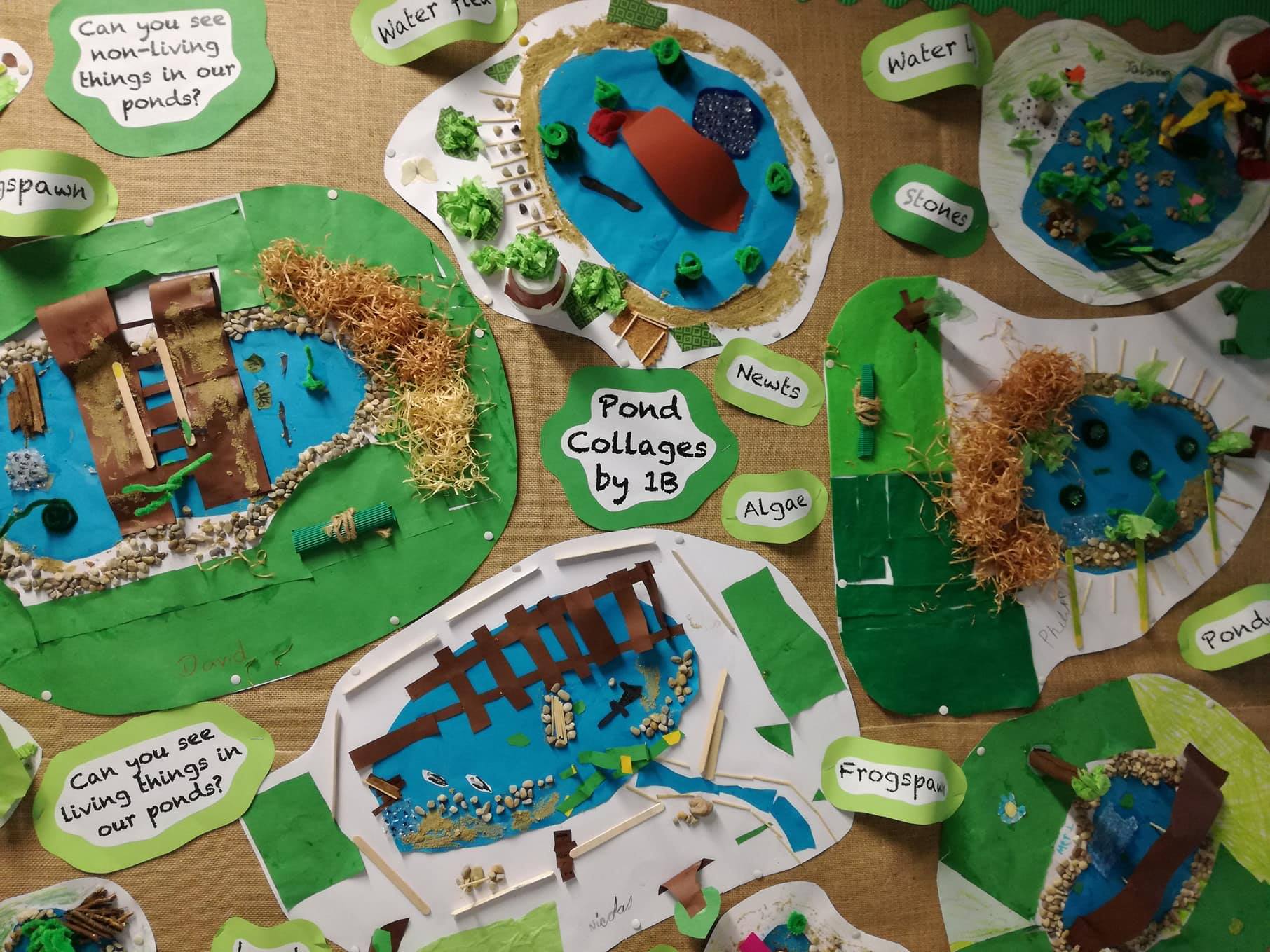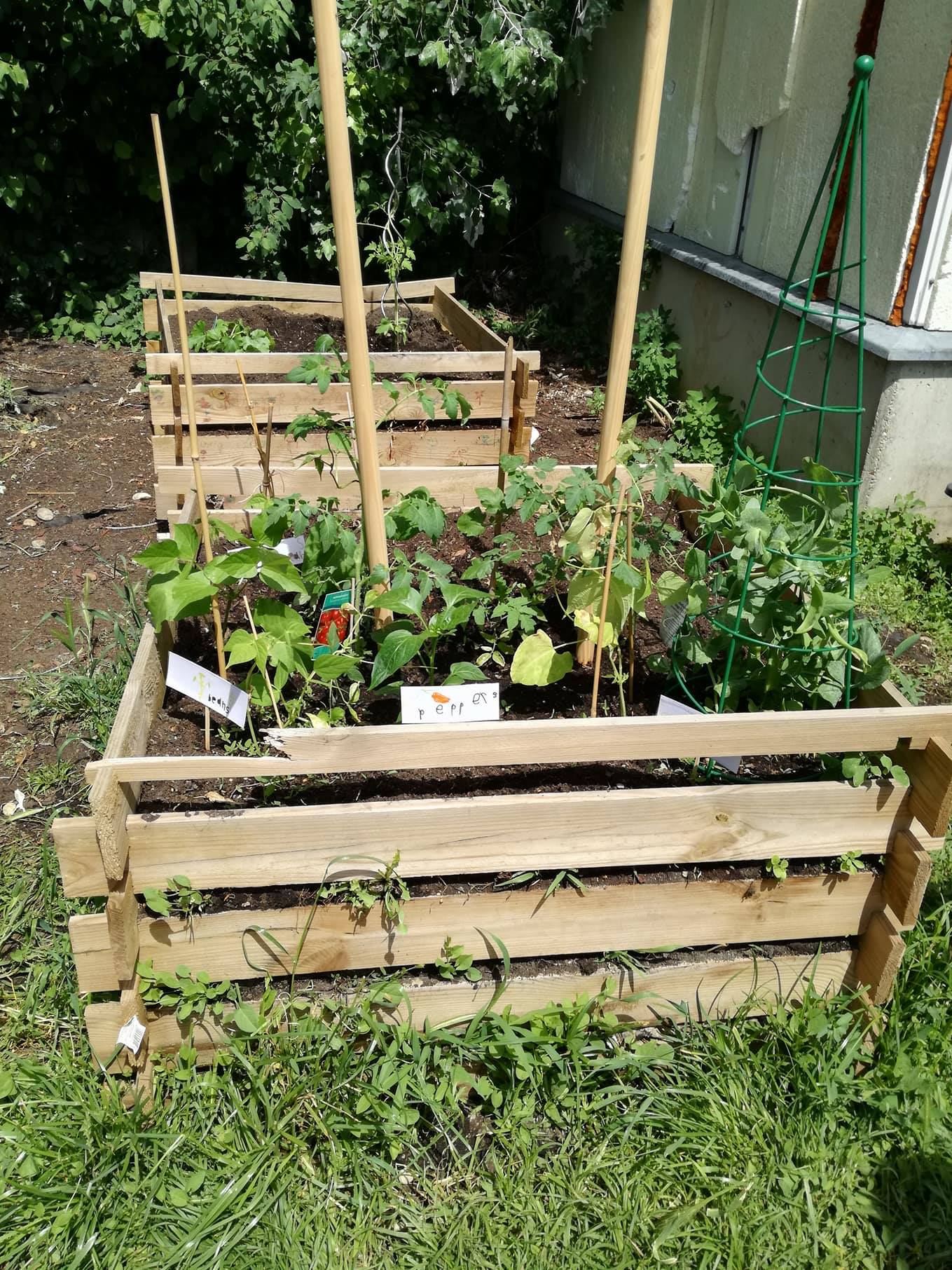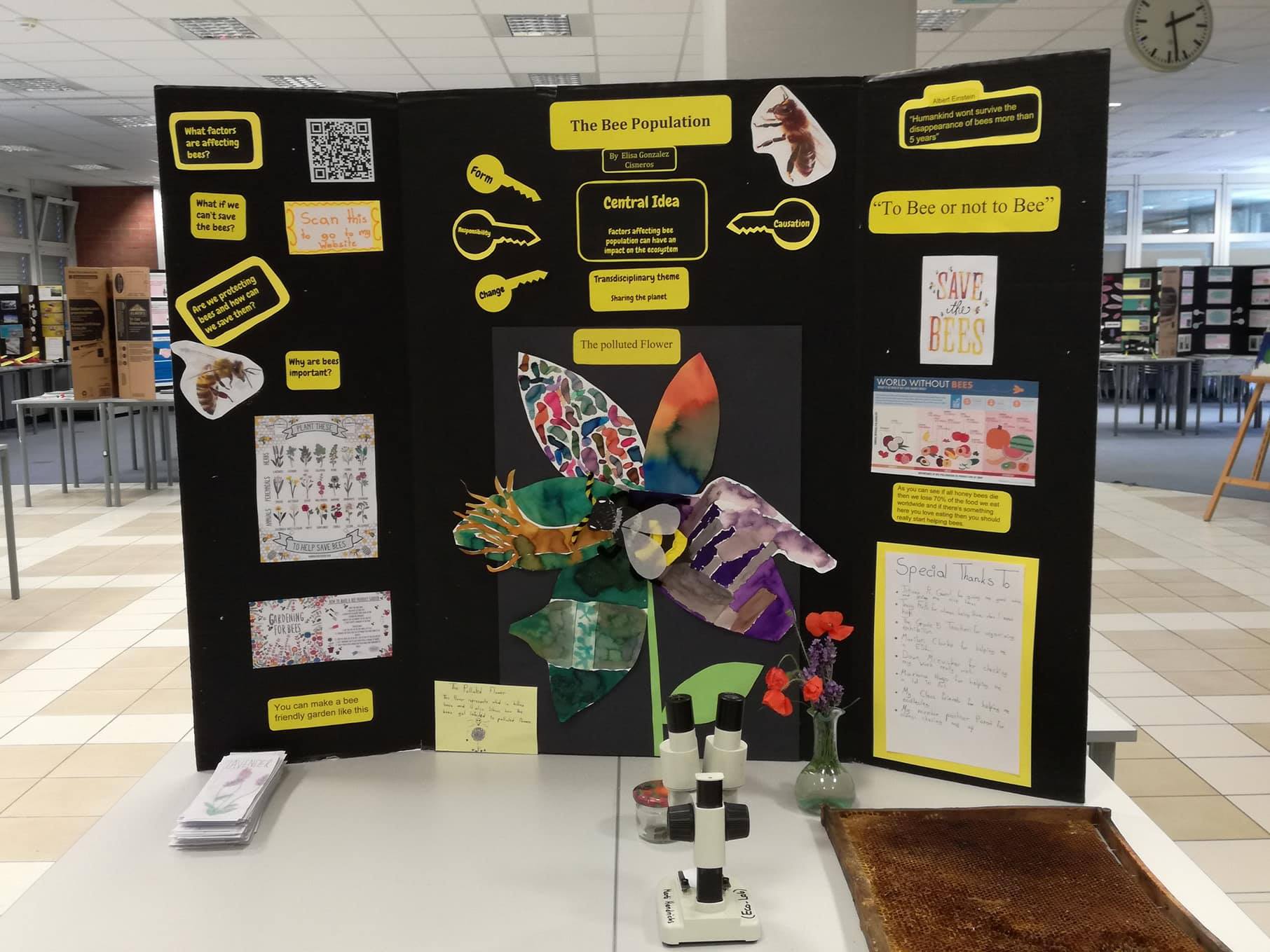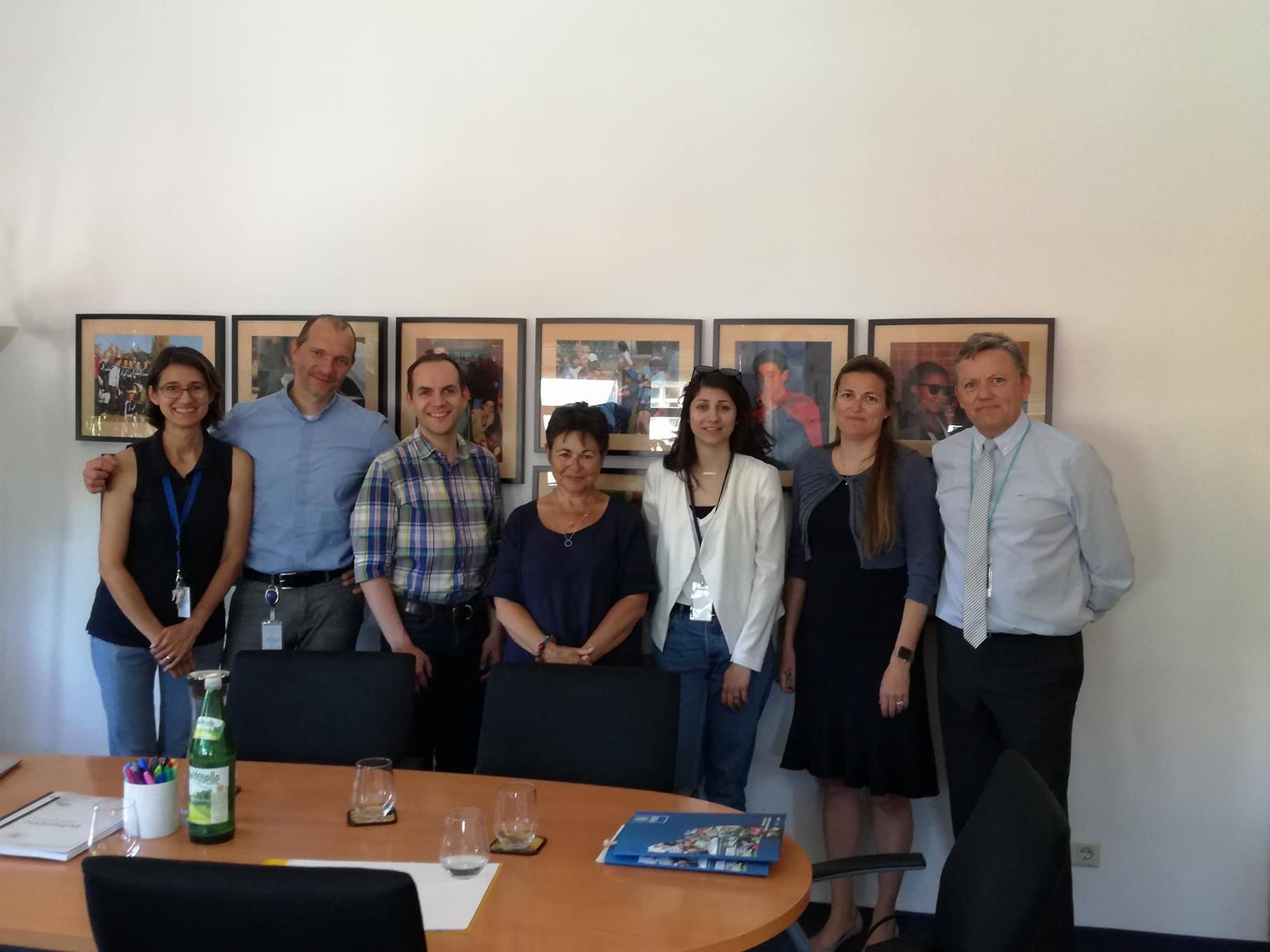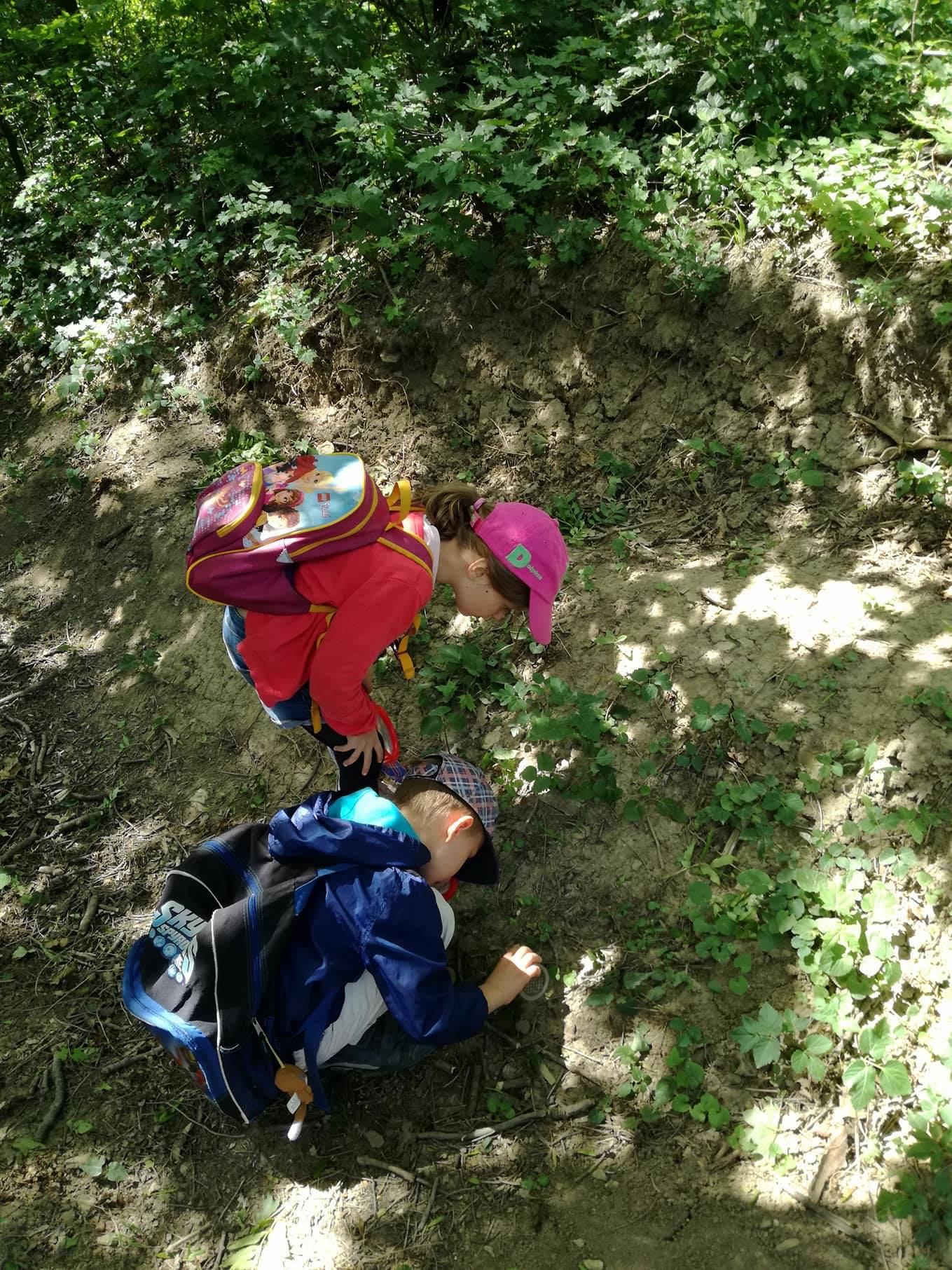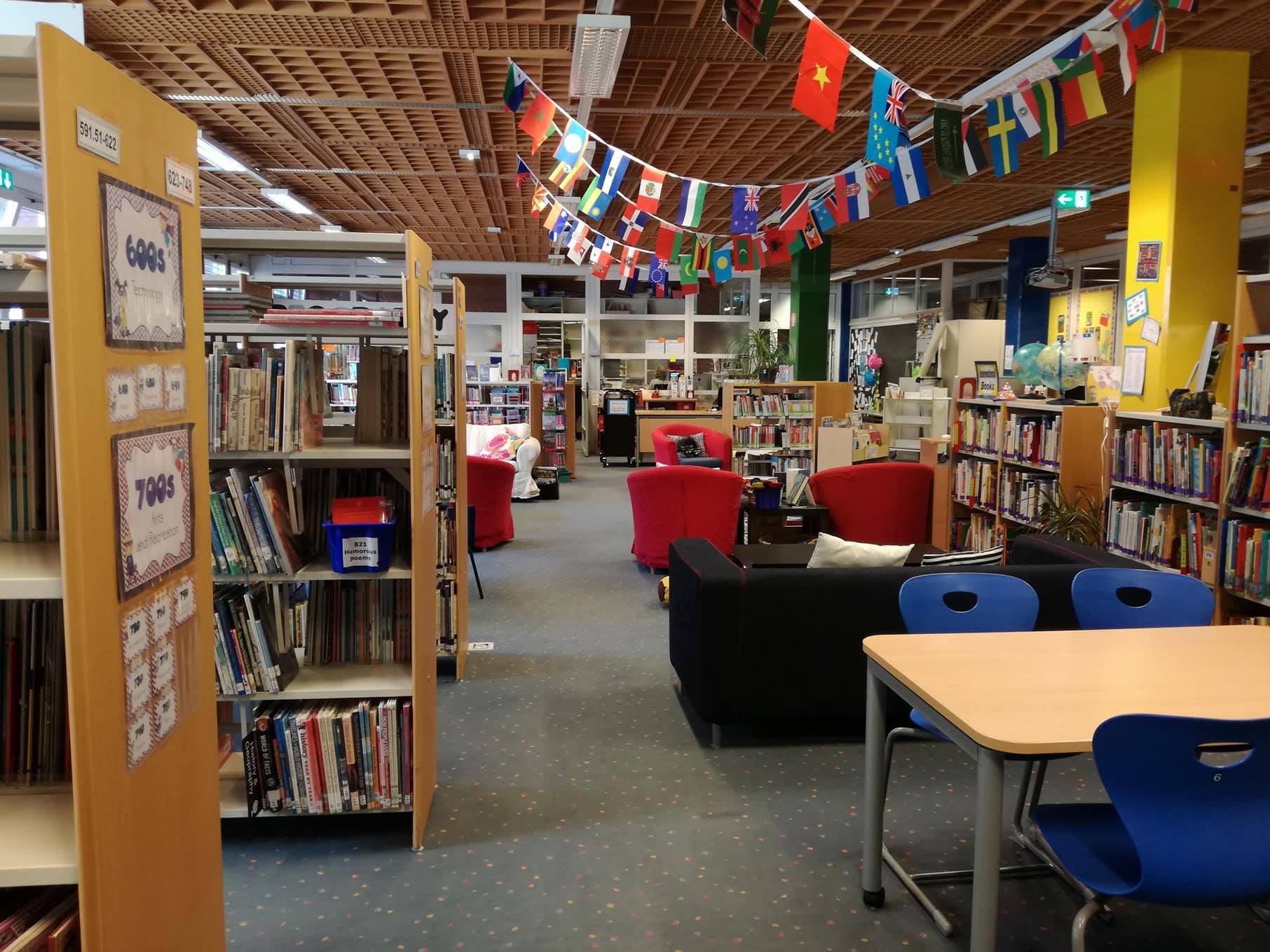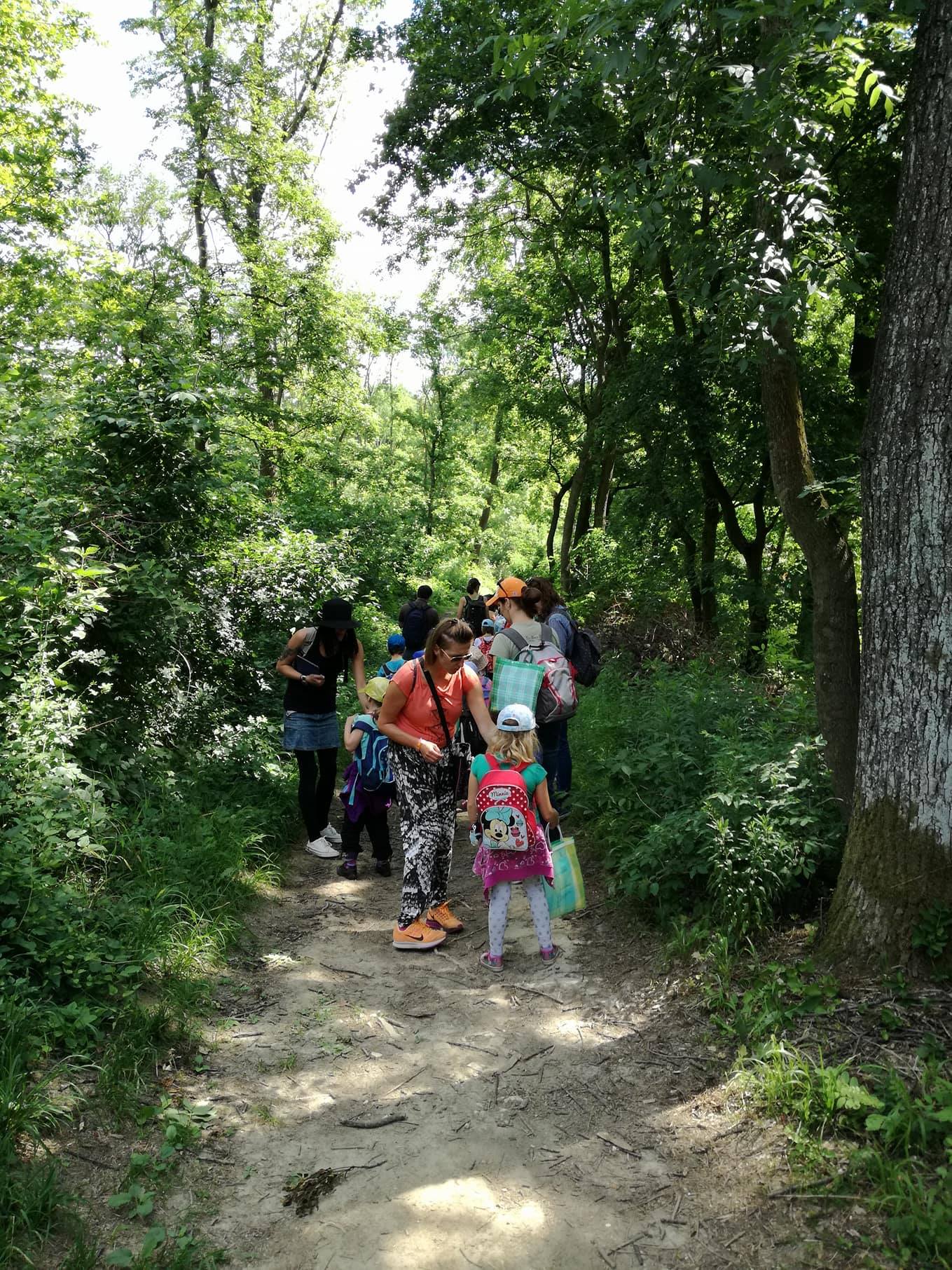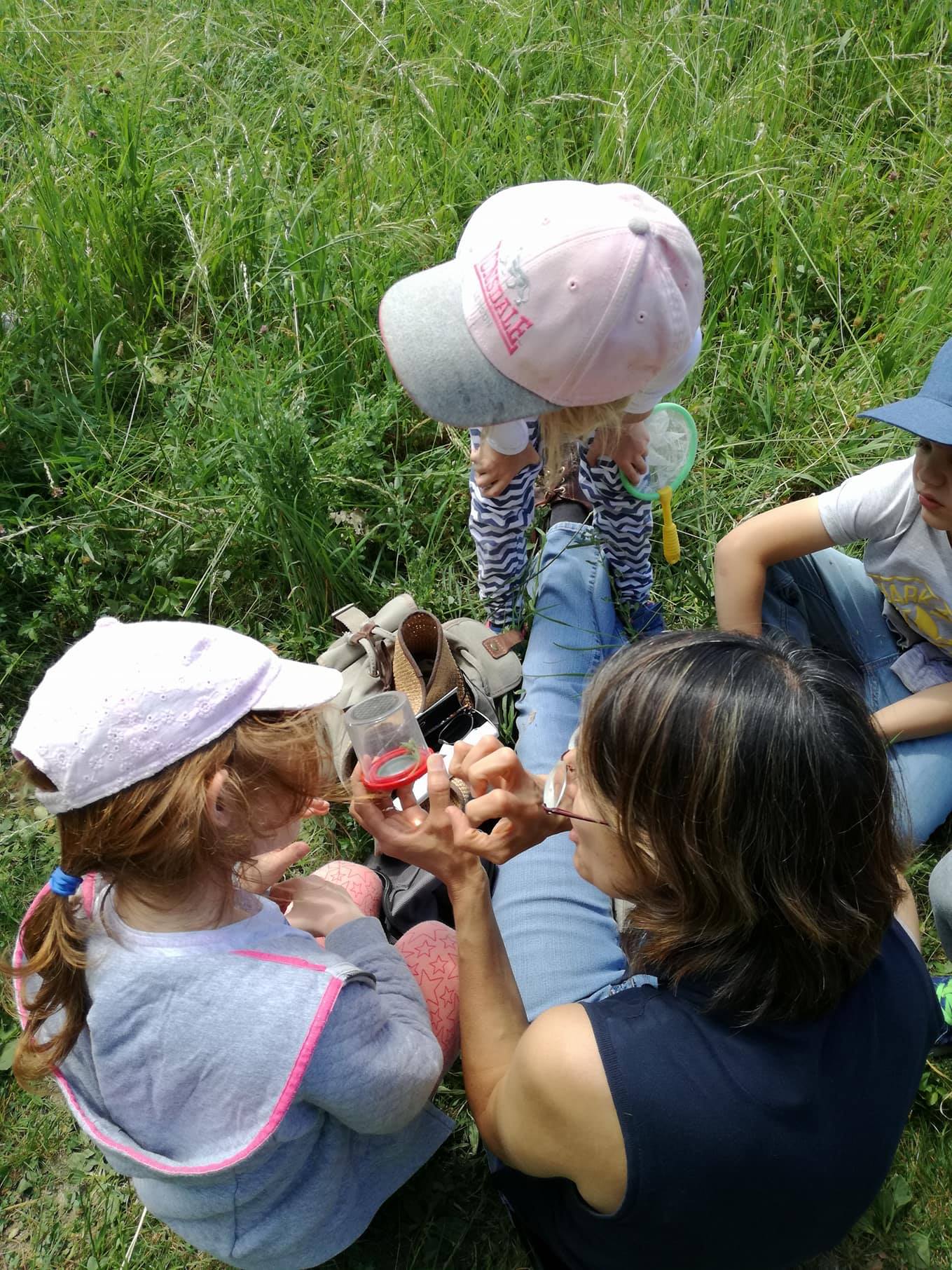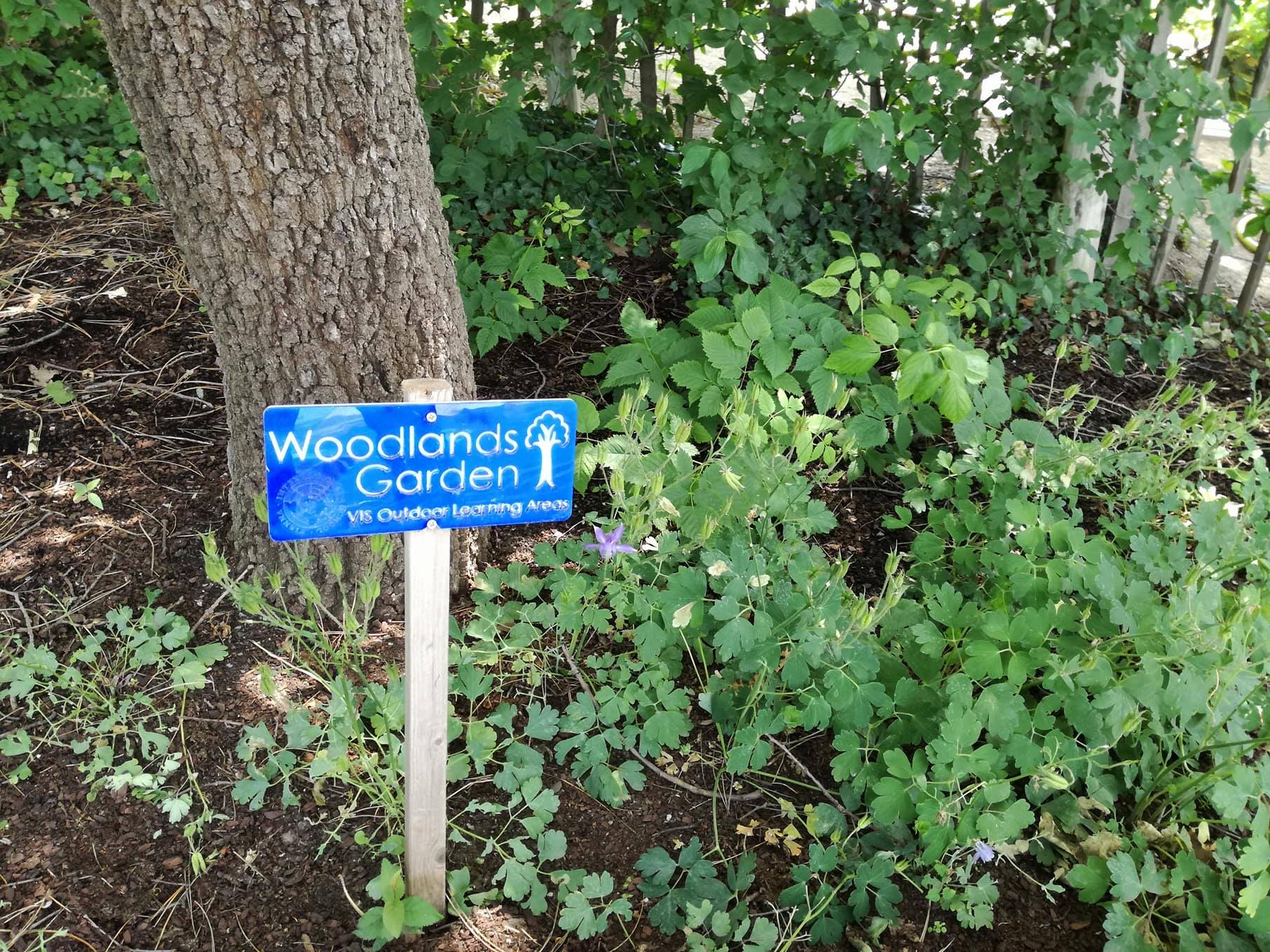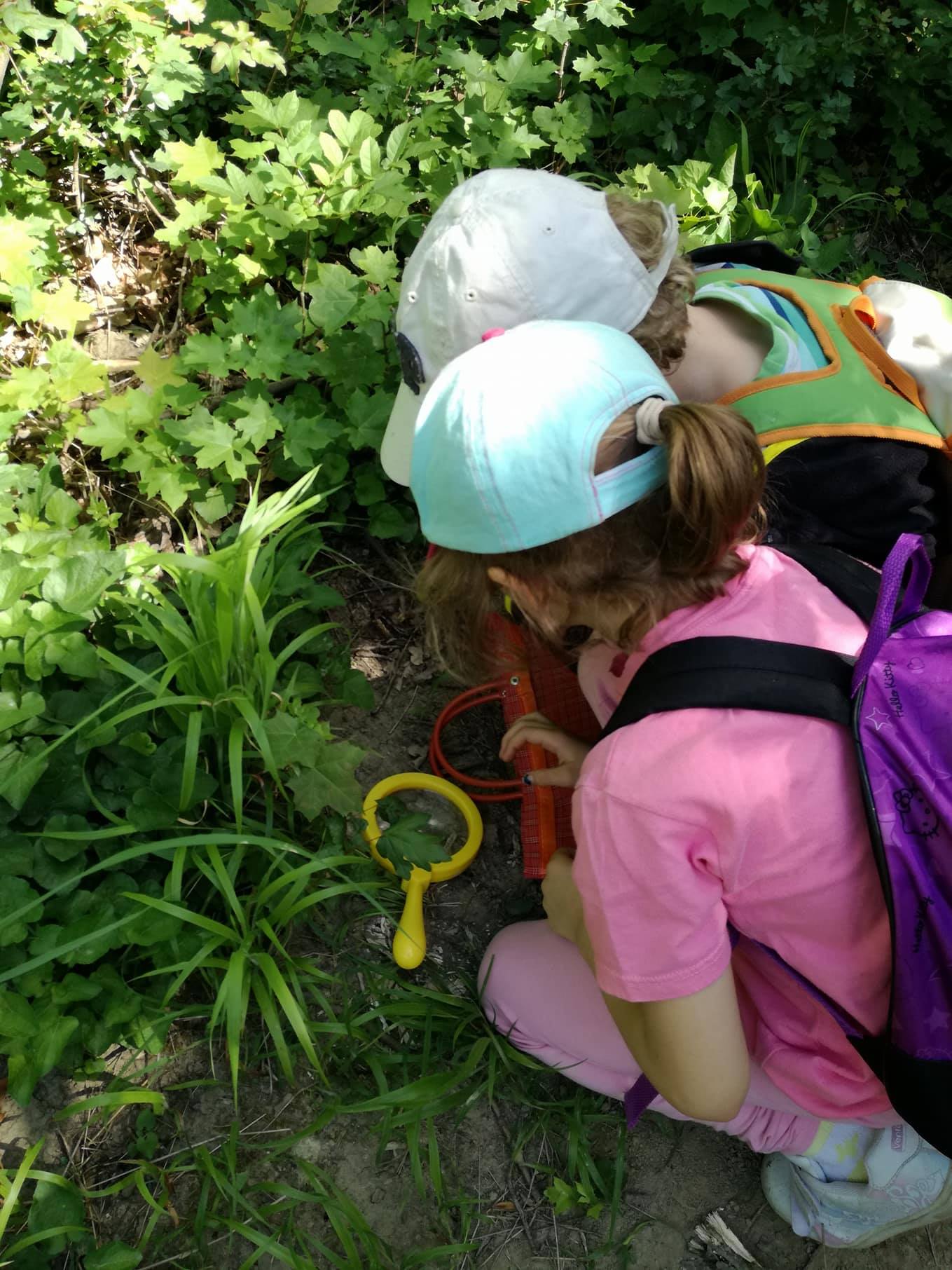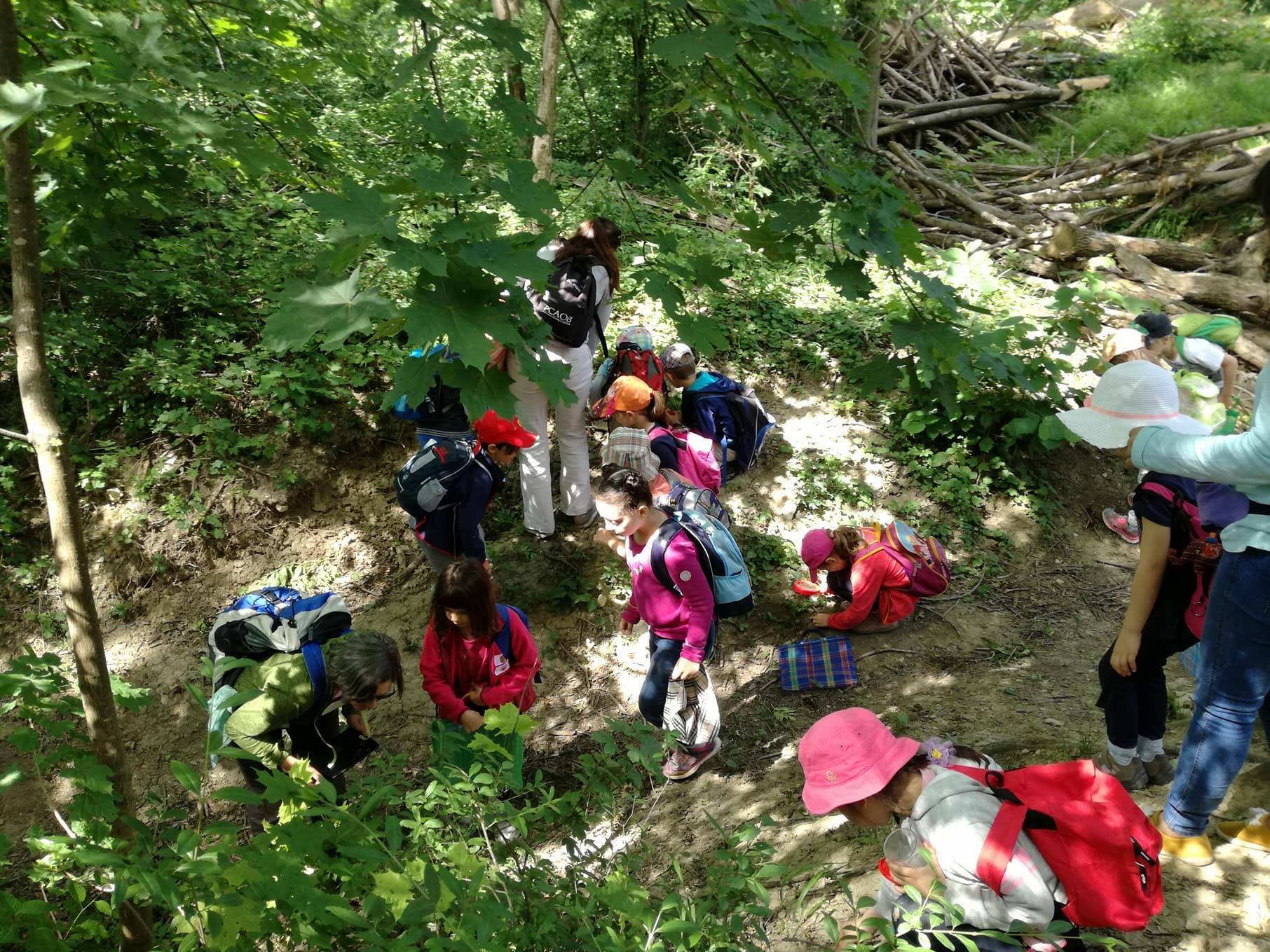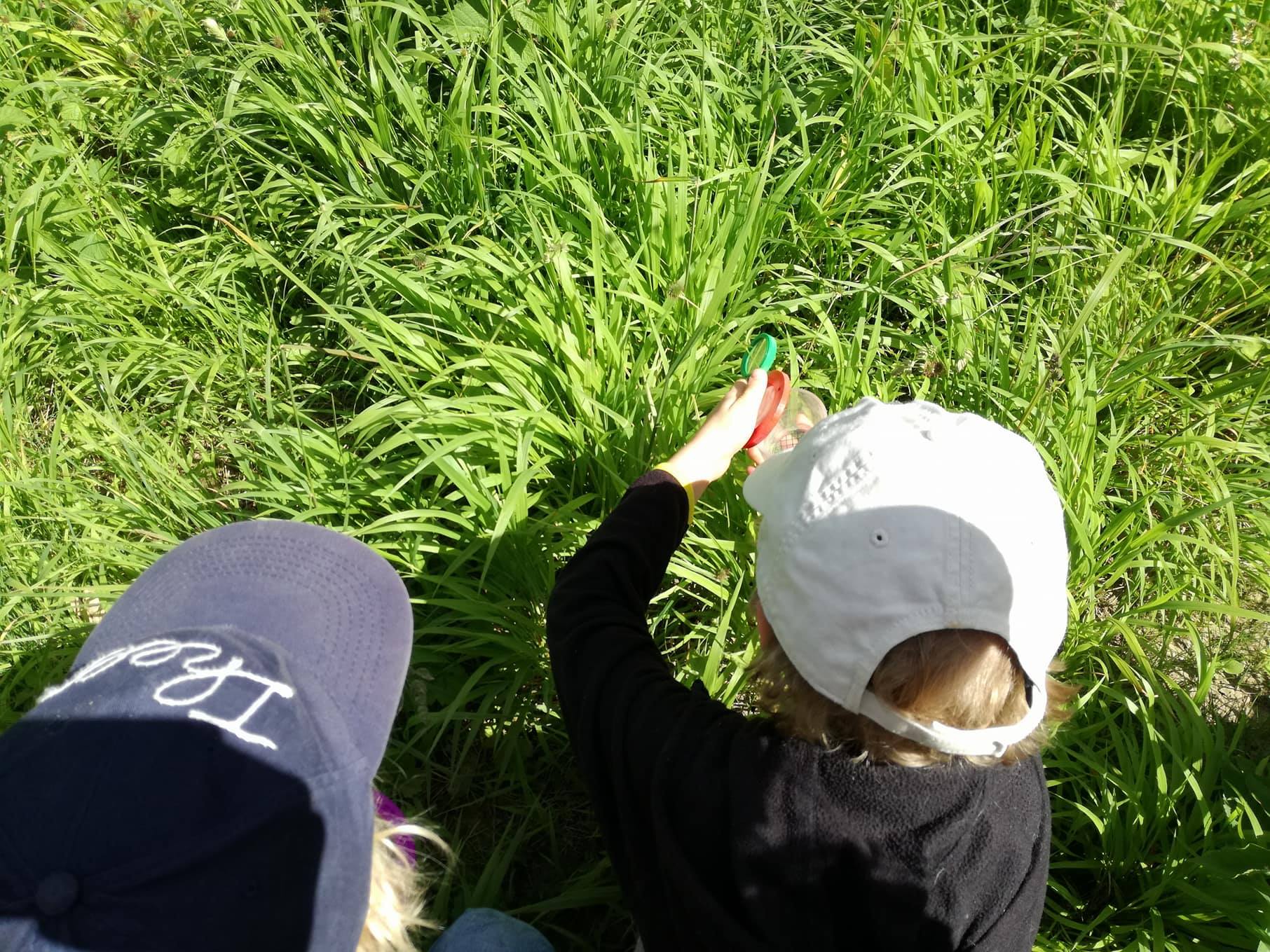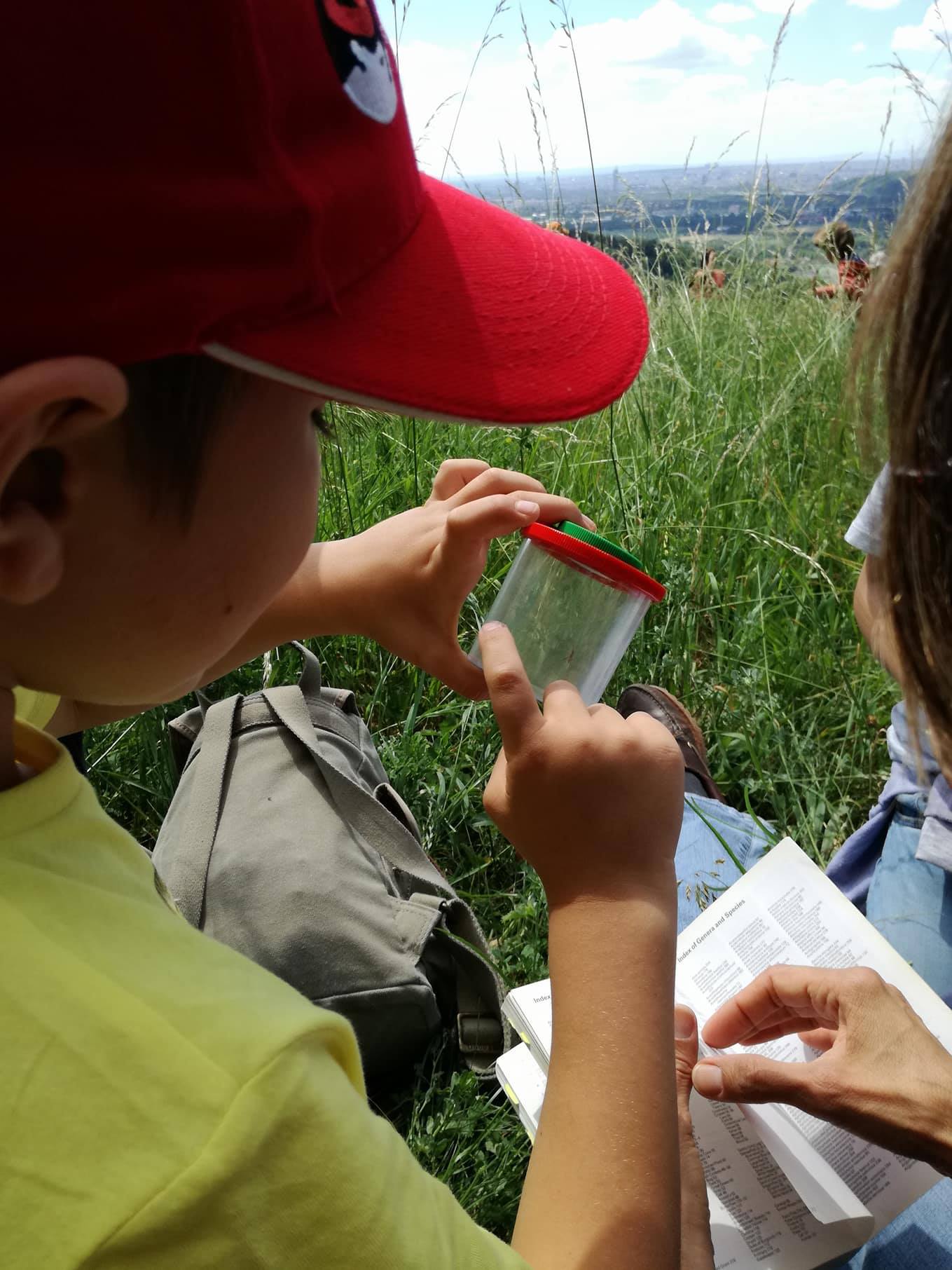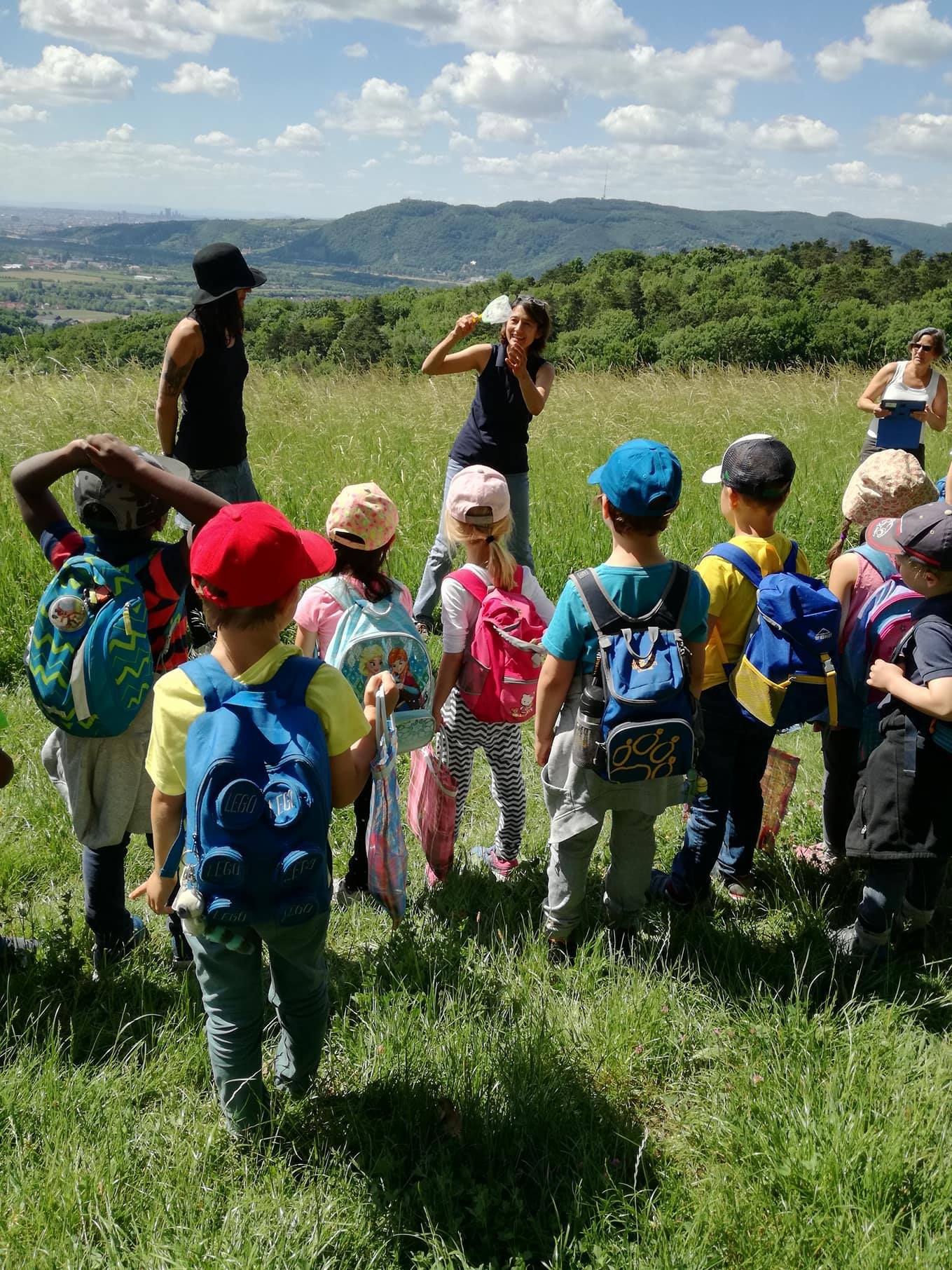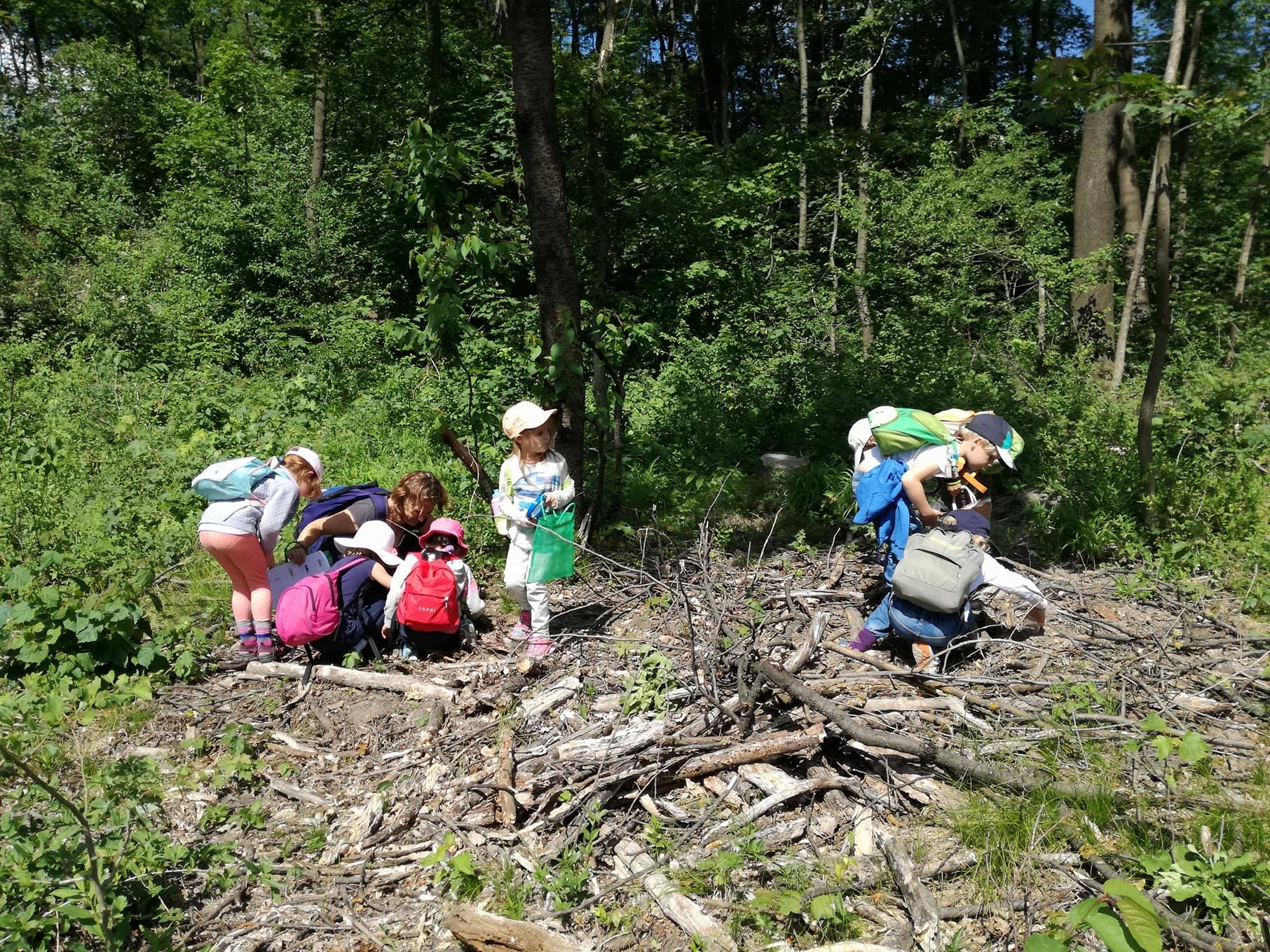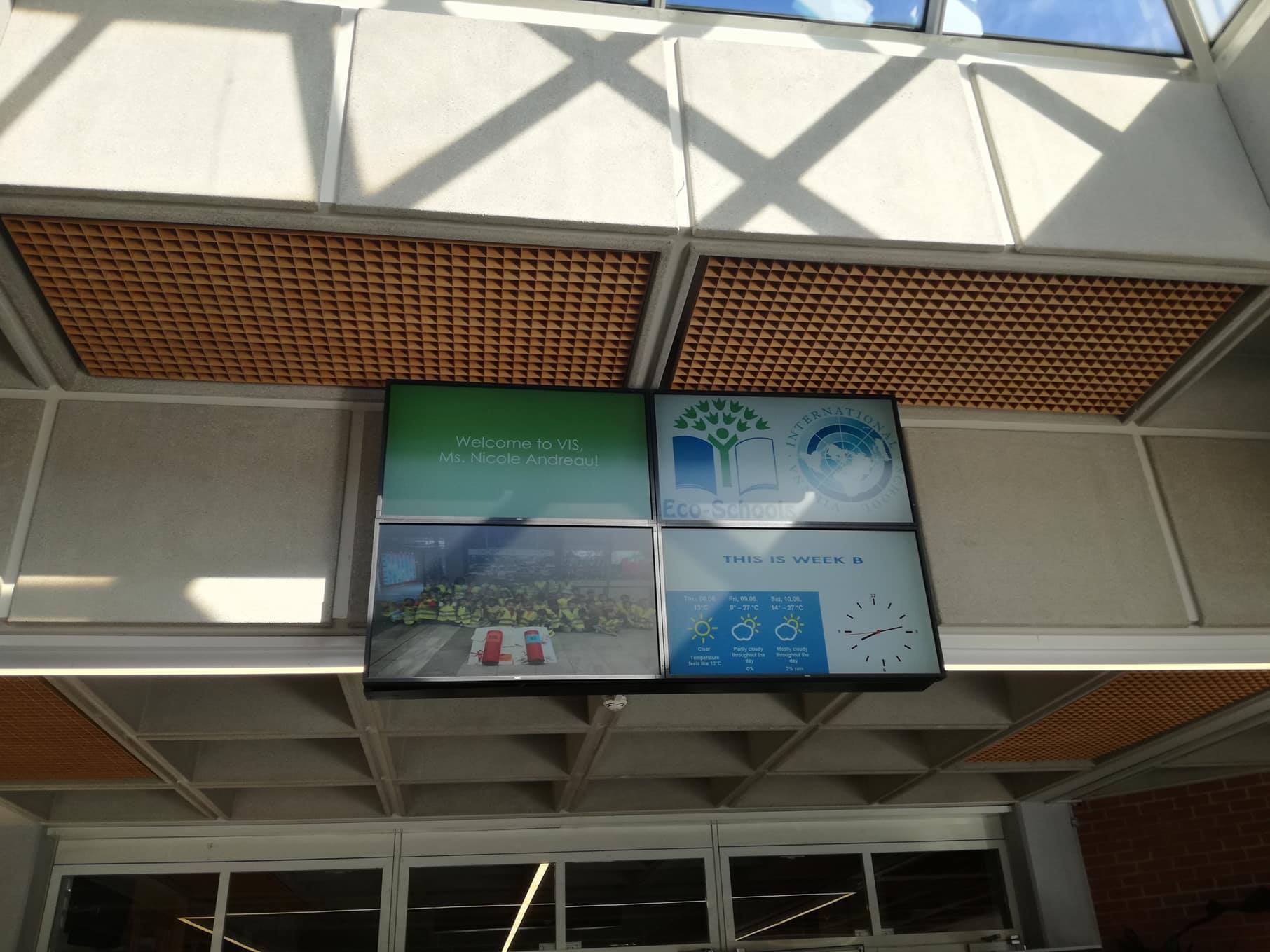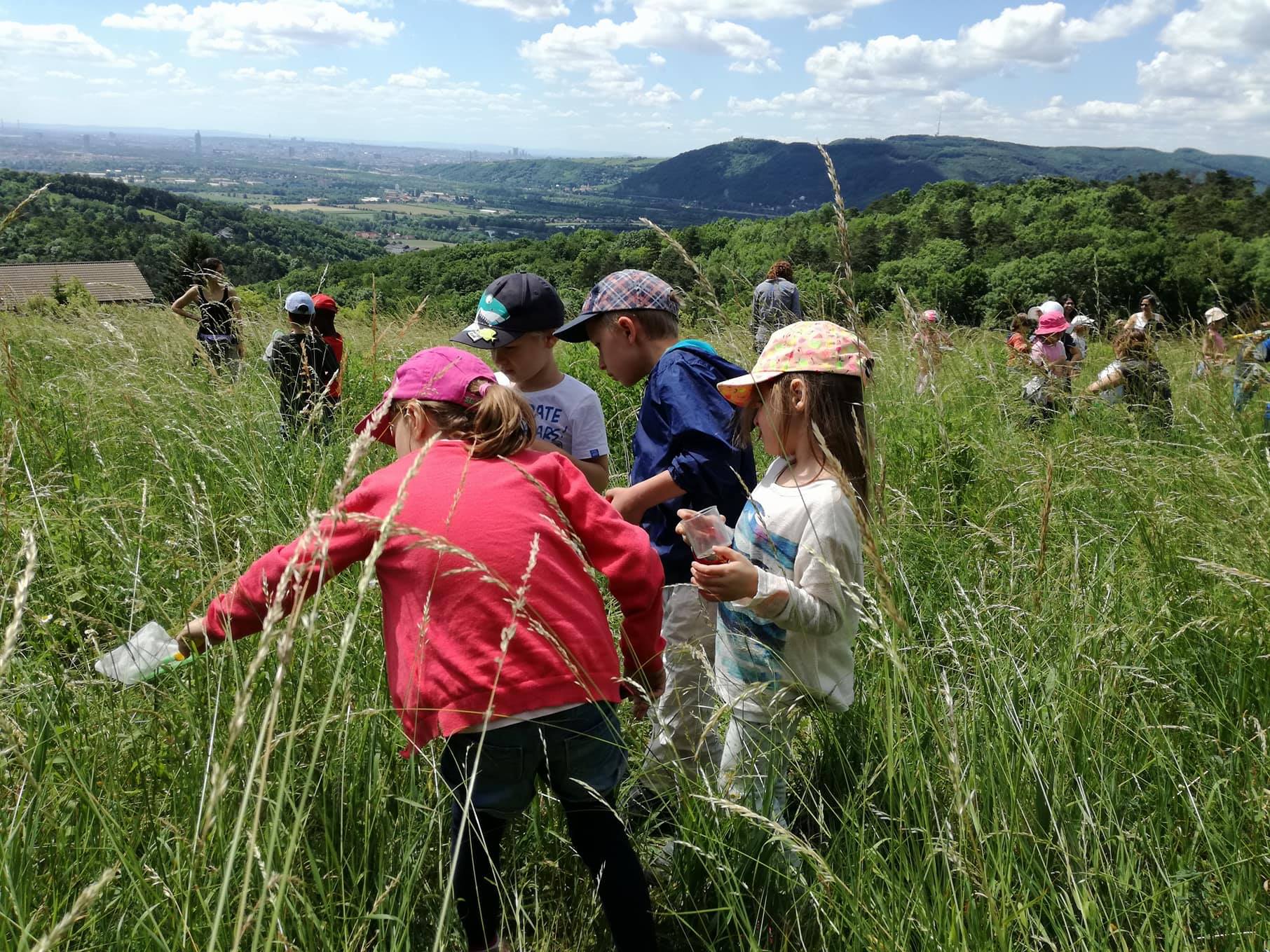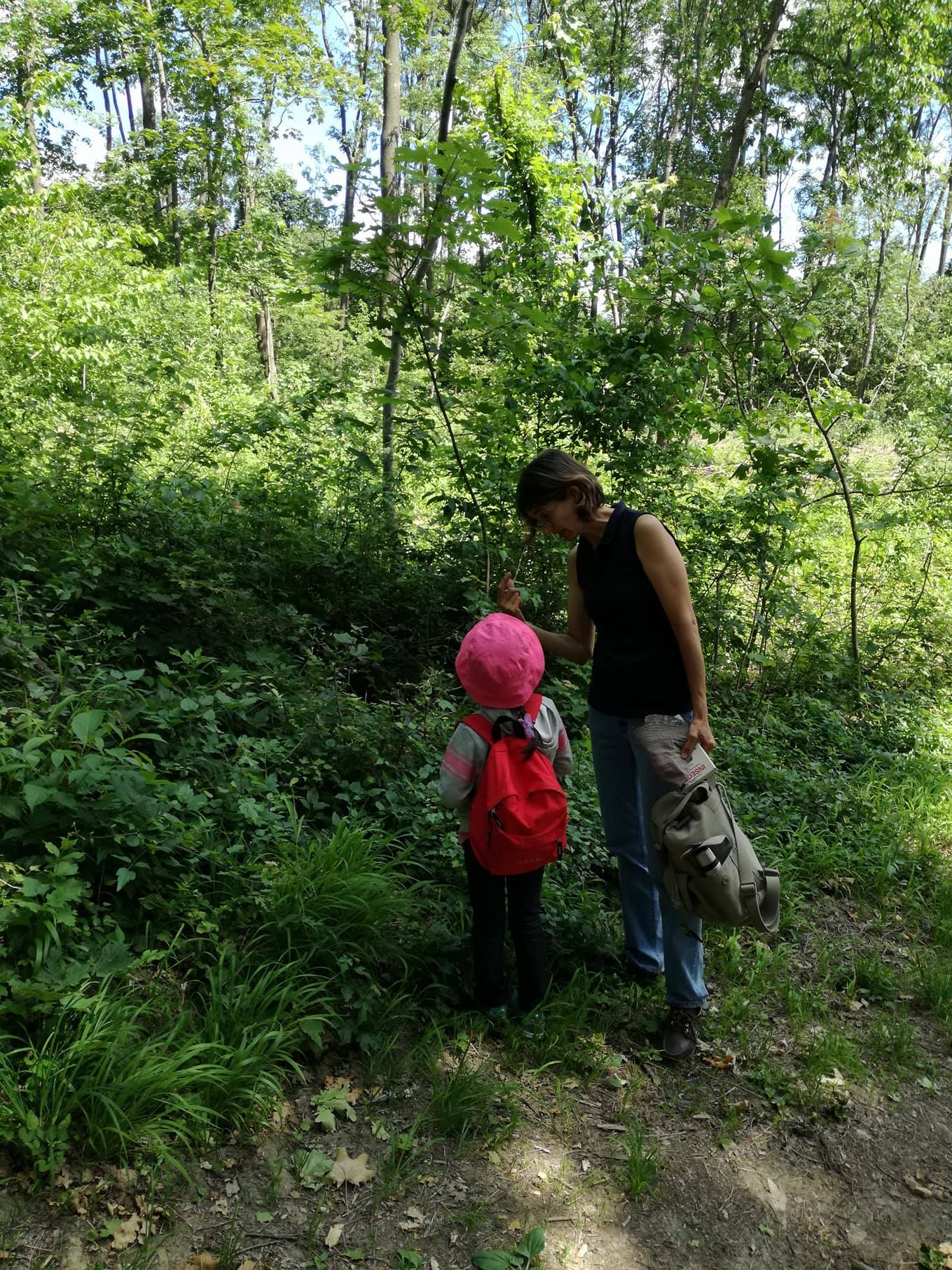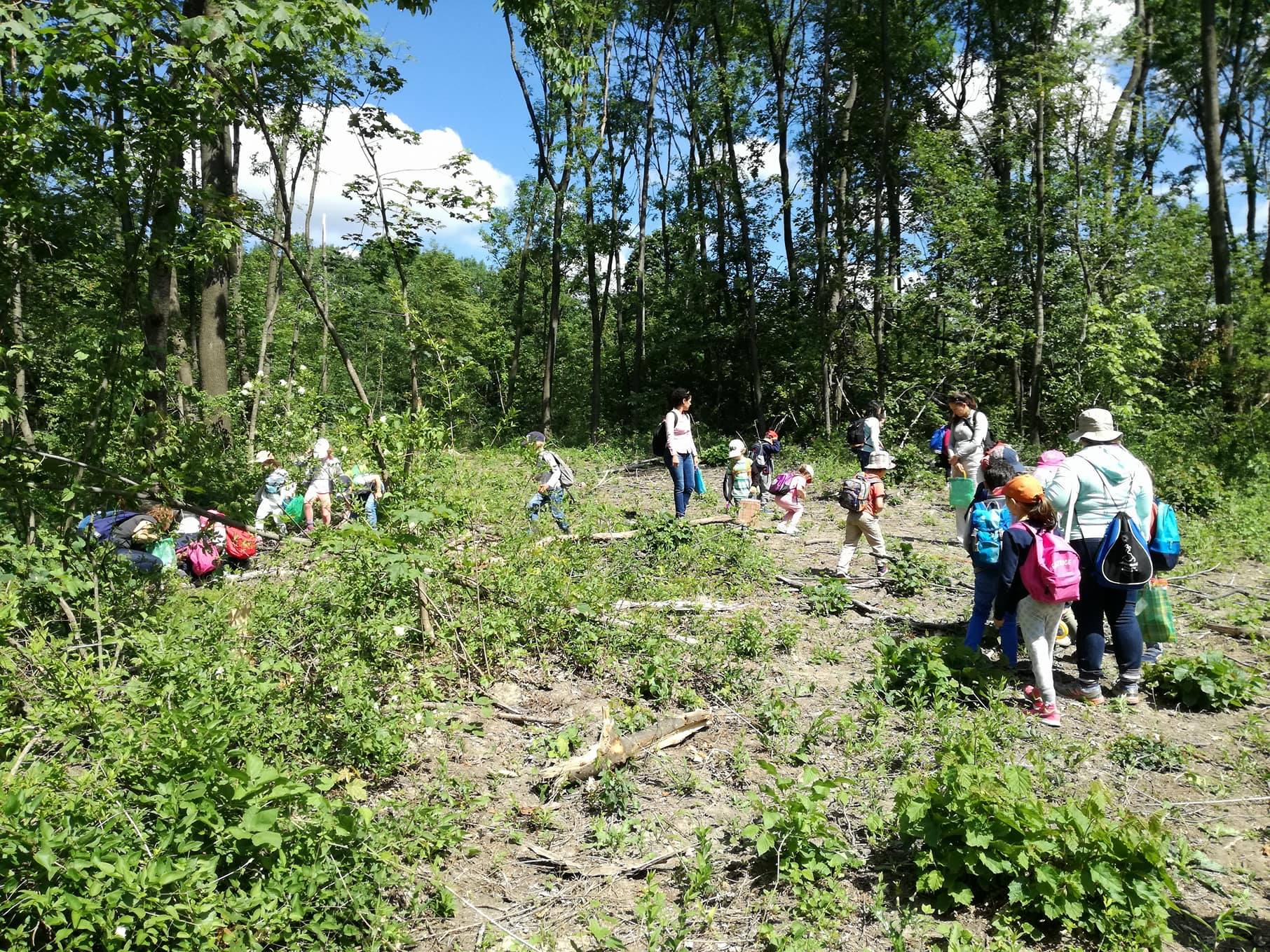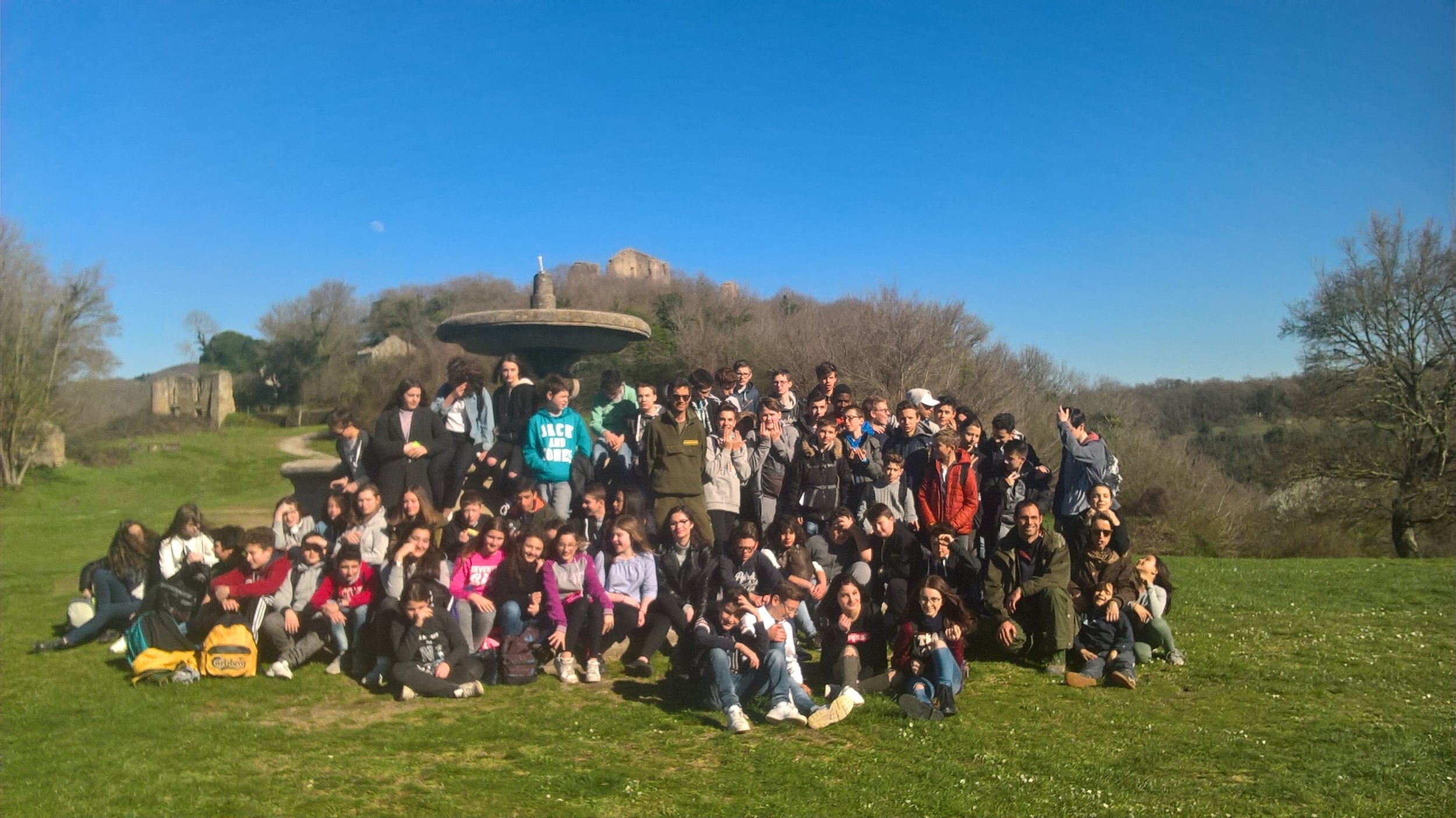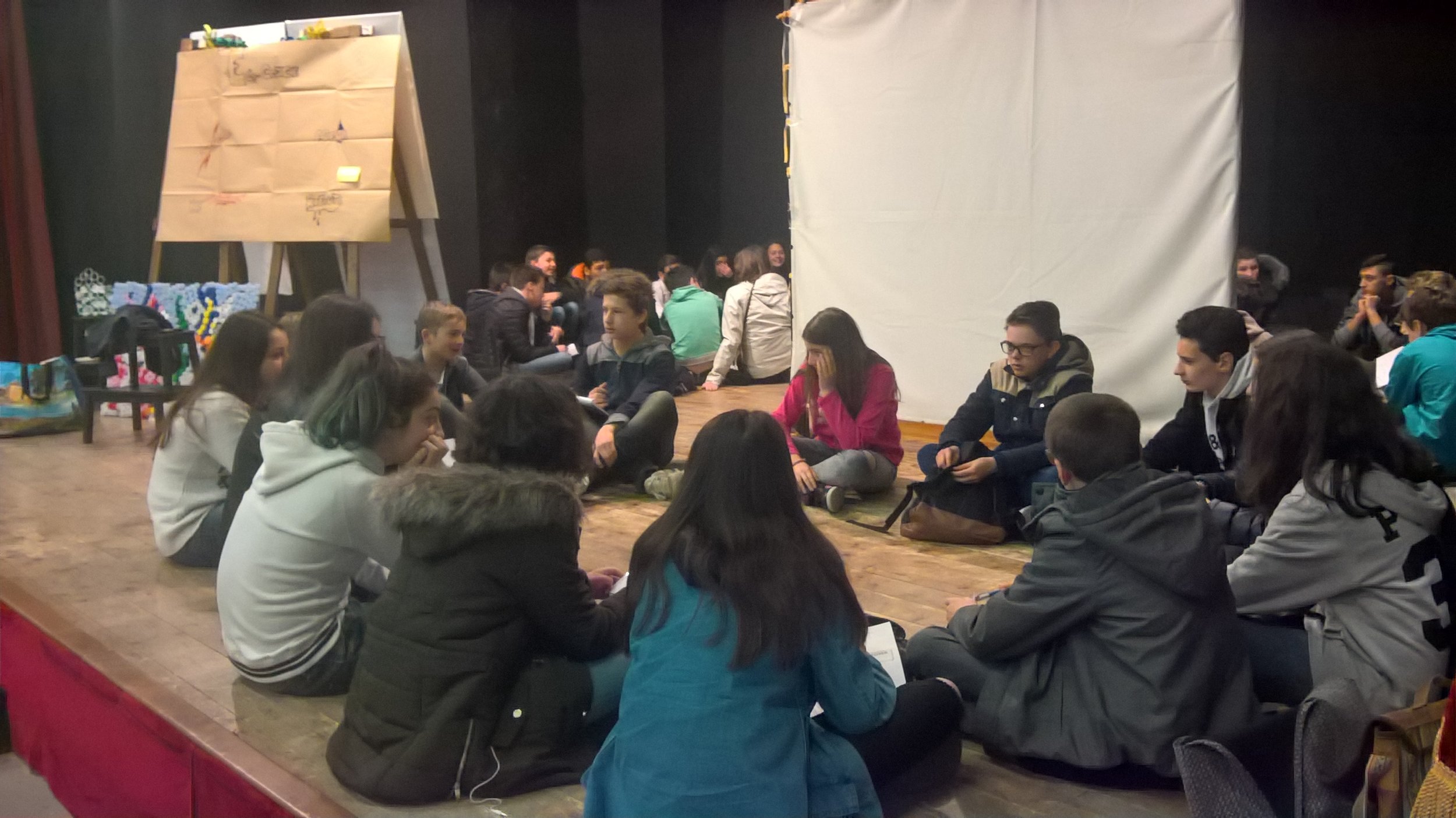Teachers worldwide unite to reconnect students with the world beyond walls
Press Release by Project Dirt on Outdoor Classroom Day
Monday 15 May 2017: Over 1 million children in more than 8,000 schools around the world will step outside on Thursday 18 May and embrace the great outdoors, setting a new record for the Outdoor Classroom Day campaign. In the UK alone there are well over 400,000 children getting involved from Penzance to Shetland!
Project Dirt, the NGO that is leading the campaign globally, says it will be the highest number of youngsters ever to get outdoors on the day as part of a concerted global effort to make outdoor learning and play a cornerstone of every child’s day, and represents a new chapter in thousands of schools around the world.
The UK is the front-runner of the campaign and leading the way with nearly half a million children in over 3,000 schools signed up and ready to take part. From den-building and bioblitzing, to practising maths with stones and reading under trees, the day will see teachers take at least one class outdoors and help children embrace their nearby natural environments.
The last 30 years has seen a dramatic and steady decline in the amount of time children spend outdoors. A Public Health England study found that 50 percent of around 1.5 billion visits to parks and green spaces in England in 2015 involved a walk with a dog, but only nine percent of those were with a child. It also found that 12% of children (c 1.3 million) had never visited the natural environment in the previous 12 month period.1
The campaign is highlighting that not only does time outdoors improve children's health, wellbeing and happiness, it also gives them a strong connection to the natural world; a connection that is crucial if the next generation are to be the future guardians of our planet.
Richard Louv, the acclaimed author of The Nature Principle, invites us in a recent essay to imagine a world “where every school has a natural space where children experience the joy of learning through play once again. Where teachers are encouraged to take their students on field trips to the nearby woods and canyons and streams and shores. Where educators feel their own sense of hope and excitement returning to their profession and to their own hearts.”2
Nick Gardner, CEO and co-founder of of Project Dirt, and an environmental campaigner for over two decades, is worried. “Children will only grow up to protect the environment if they love it. They will only love it if they go outdoors regularly. That’s one key objective for Outdoor Classroom Day, to inspire schools worldwide to join together to make the outdoors part of every day!”
He added: “There’s still time to join the movement. Teachers, parents and anyone who cares about childhood and the future of our planet, can register their class to go outdoors on Thursday.”
To sign up, visit www.outdoorclassroomday.com
The campaign is led globally by Project Dirt and supported by Unilever’s Dirt is Good brands.
Ends
For more information, images or to request interviews please contact Olivia Pullman:
E: olivia@outdoorclassroomday.com M: 07792 919 314
References
1. https://www.gov.uk/government/uploads/system/uploads/attachment_data/file/498944/mene-childrens-report-years-1-2.pdf
2. http://www.childrenandnature.org/2017/05/03/imagine-a-newer-world/
Notes to editors
About Outdoor Classroom Day
Outdoor Classroom Day is a global campaign to celebrate and inspire outdoor learning and play. It is encouraging schools worldwide to make outdoor learning and play part of every day.
In 2017, there are three key campaign dates: on May 18, 2017, the focus is on Europe, the USA, Canada and South America. On the day, thousands of schools will take lessons outside and prioritise playtime.
About Project Dirt
Project Dirt aims to resource thousands of grassroots community projects, and to capture and share the stories of those achievements. Its online platform enables successful relationships to be formed between the business and community sectors. Project Dirt's mission is to create a vibrant and active online community where individuals, communities, companies and local authorities can share knowledge, advice, best practice and access resources.
About Dirt is Good
Dirt is Good (DiG) is the campaign supported by Unilever’s leading detergent brands including OMO, Persil, Skip and Via, sold in over 78 markets. We believe that by getting dirty, children develop, learn and grow through rich memory-making experiences. These experiences often come in the form of ‘real play’: play that is free, exploratory and sometimes messy, allowing children to enjoy the present and thrive in the future. Our vision is to create a play-friendly world so that all children everywhere can experience play every day.
